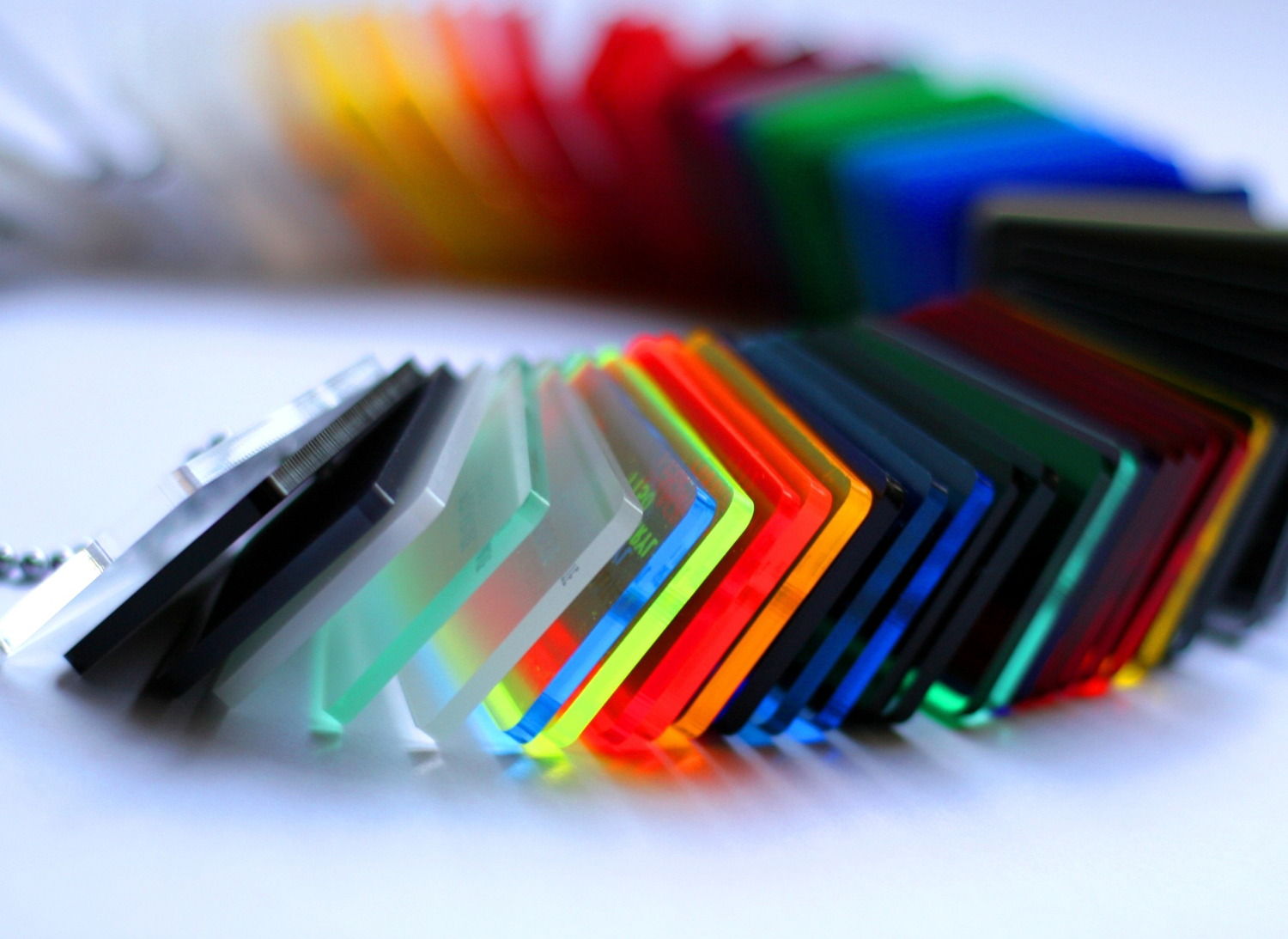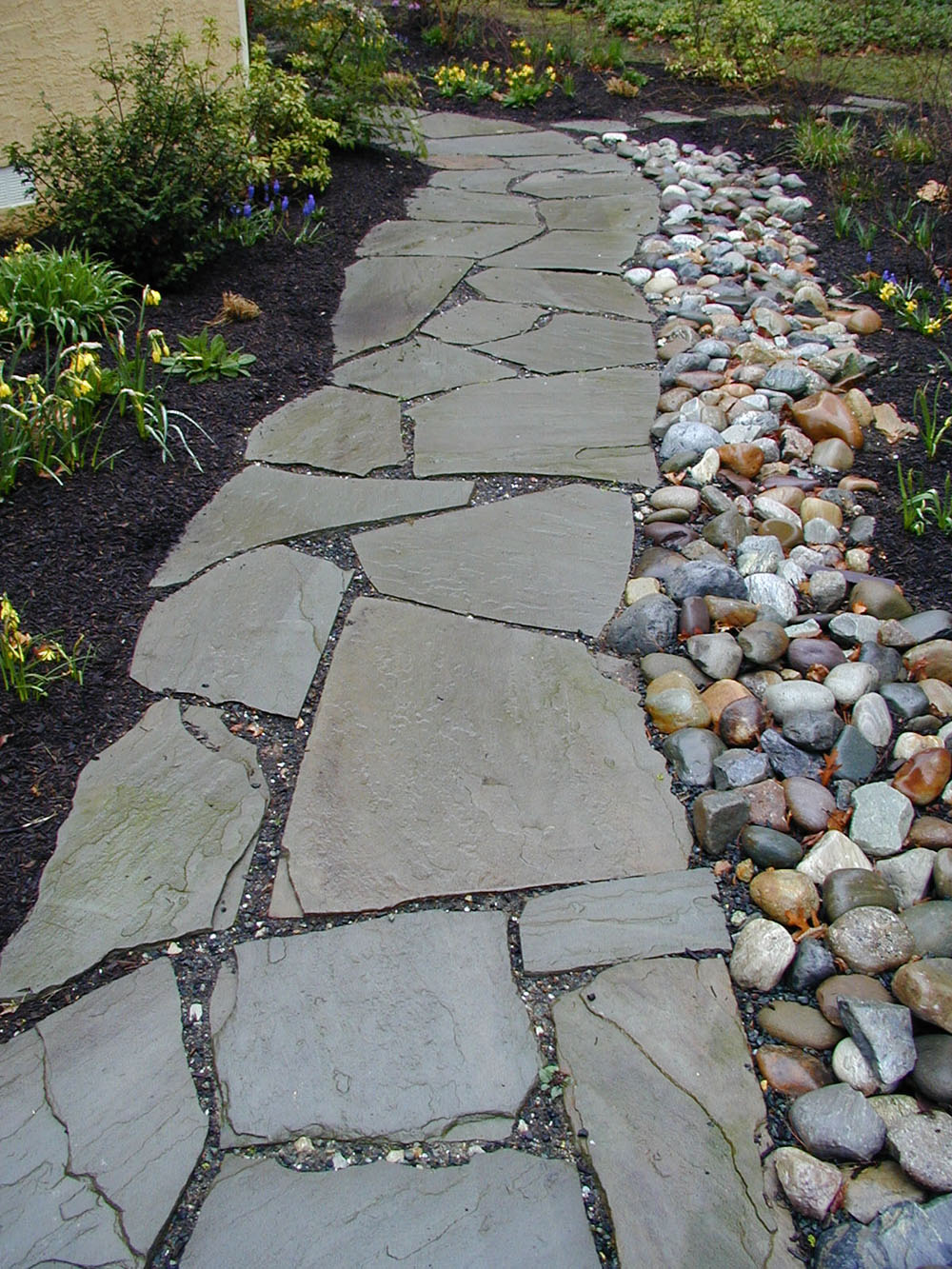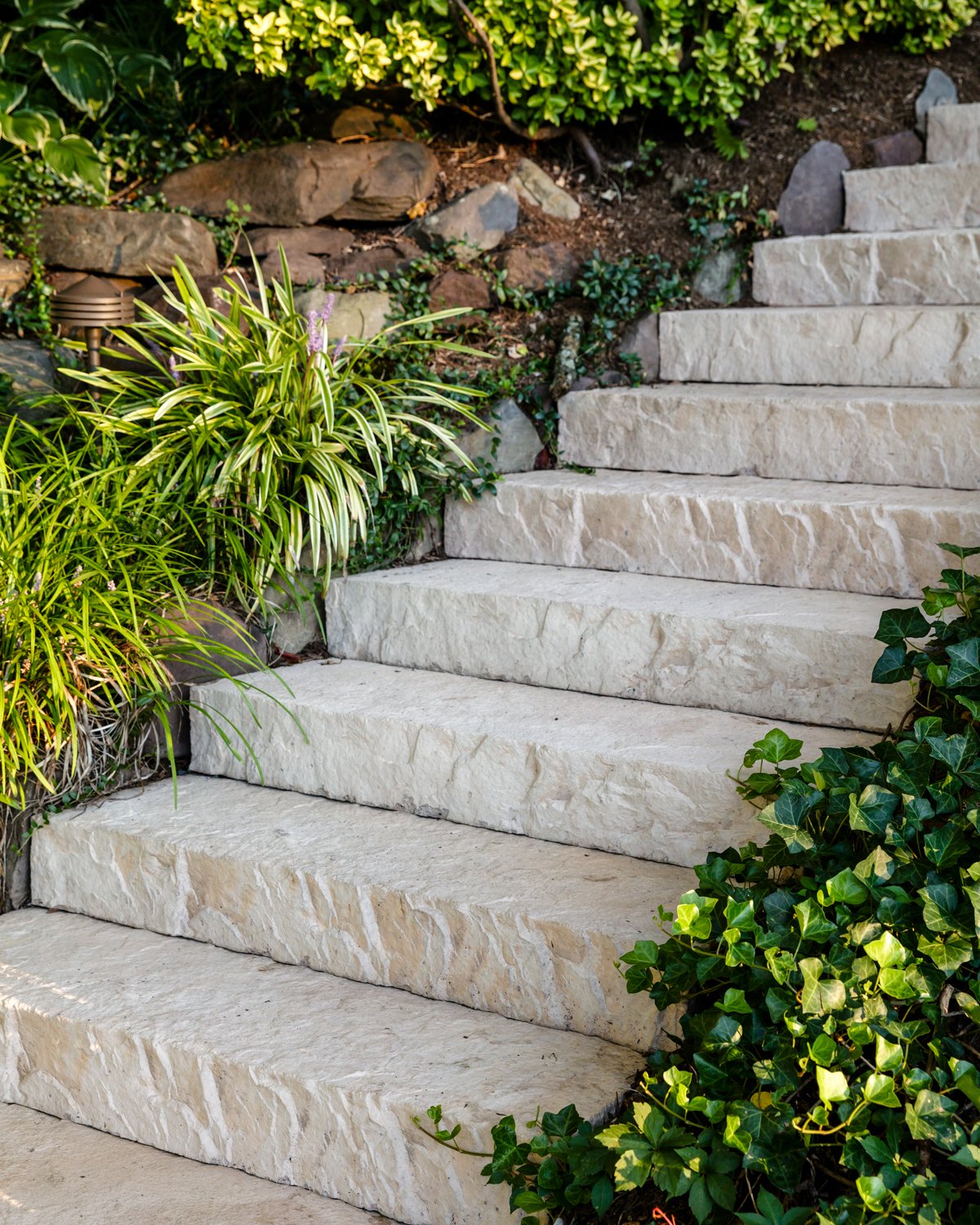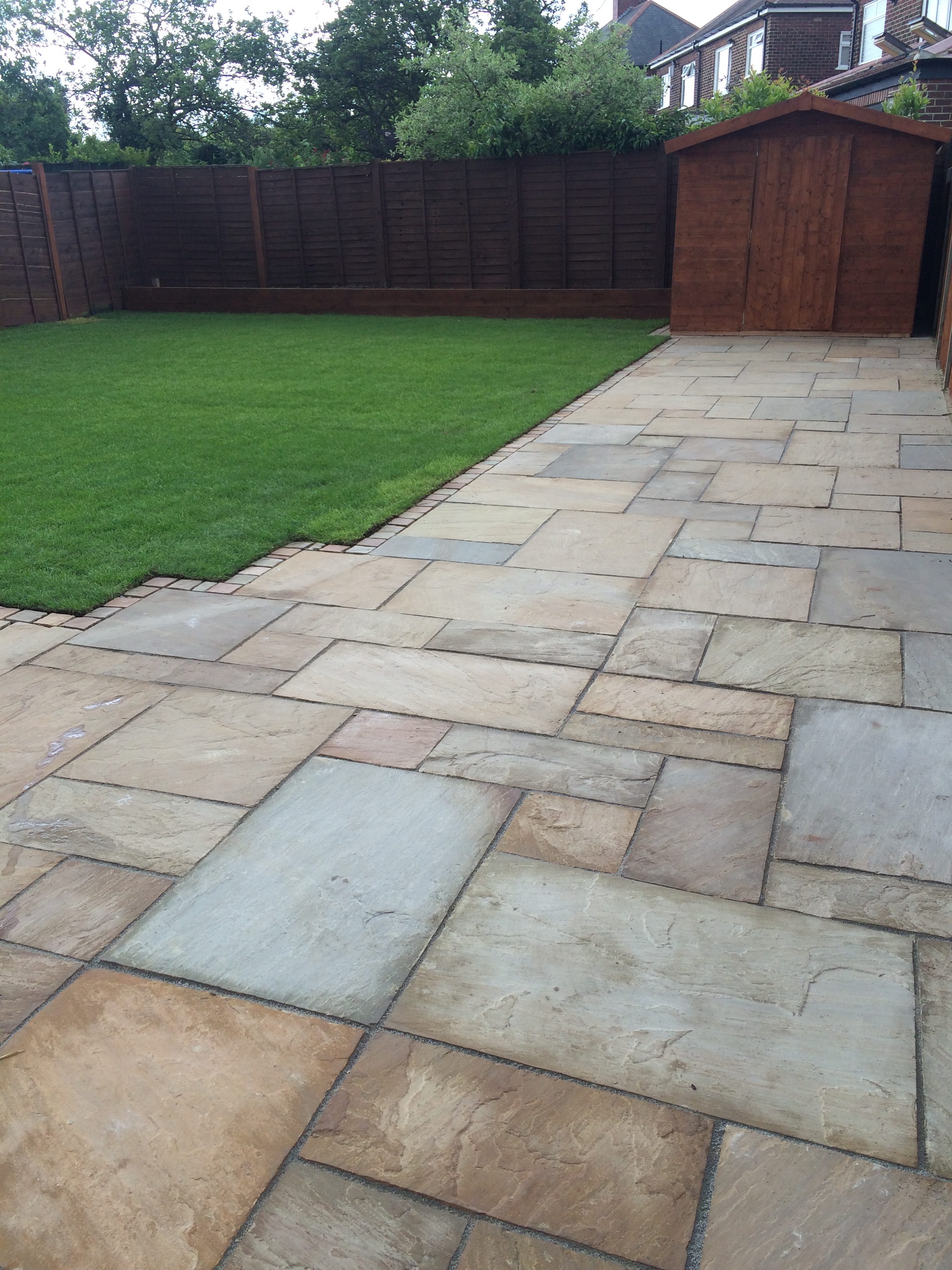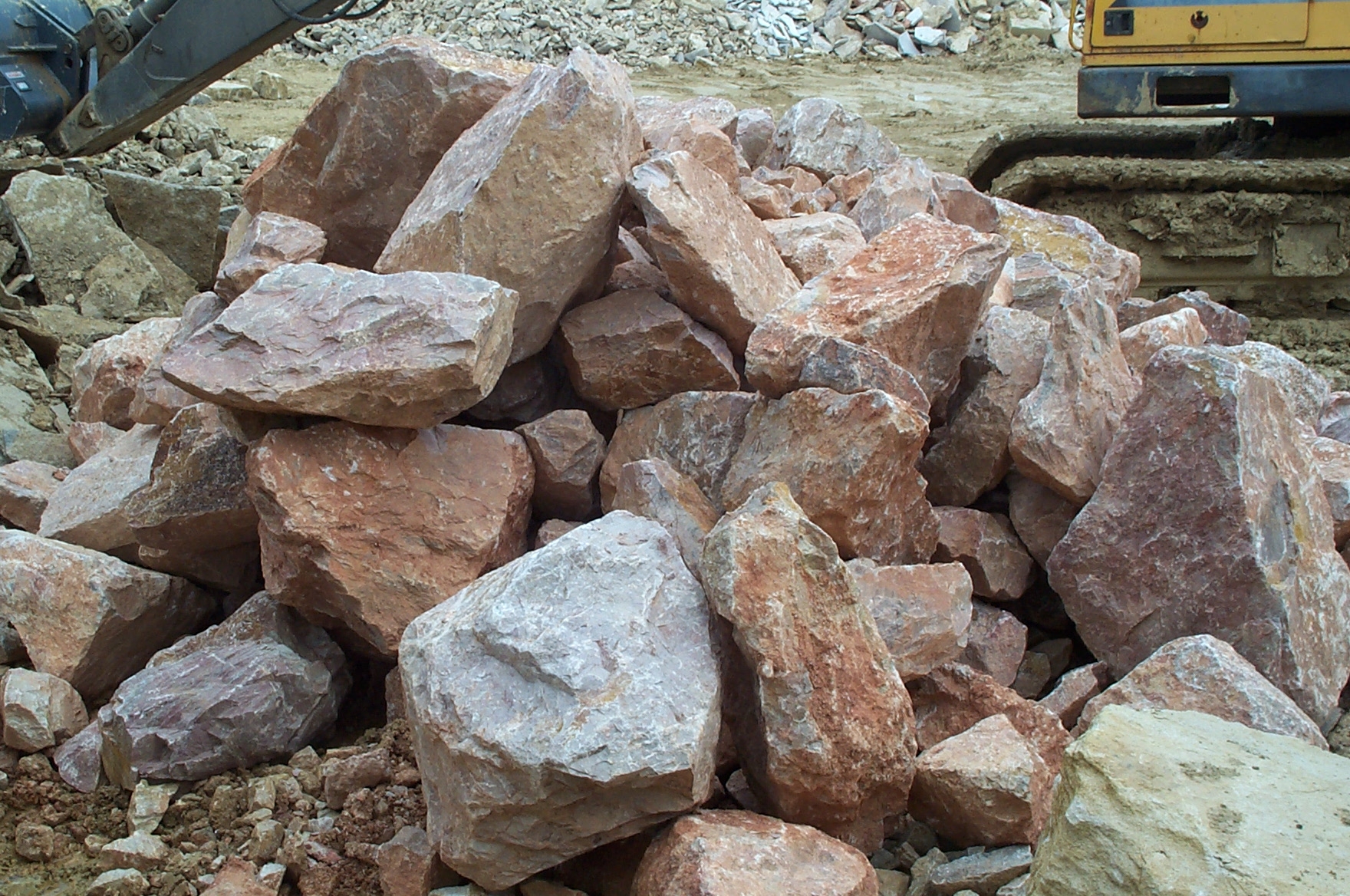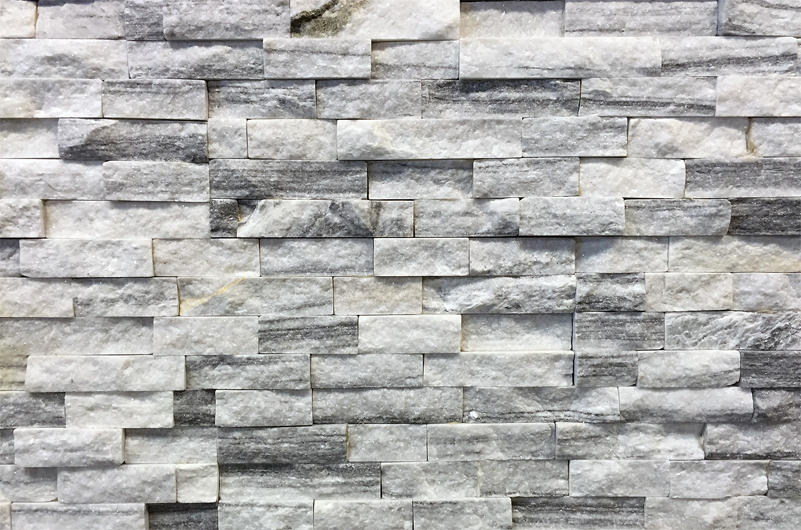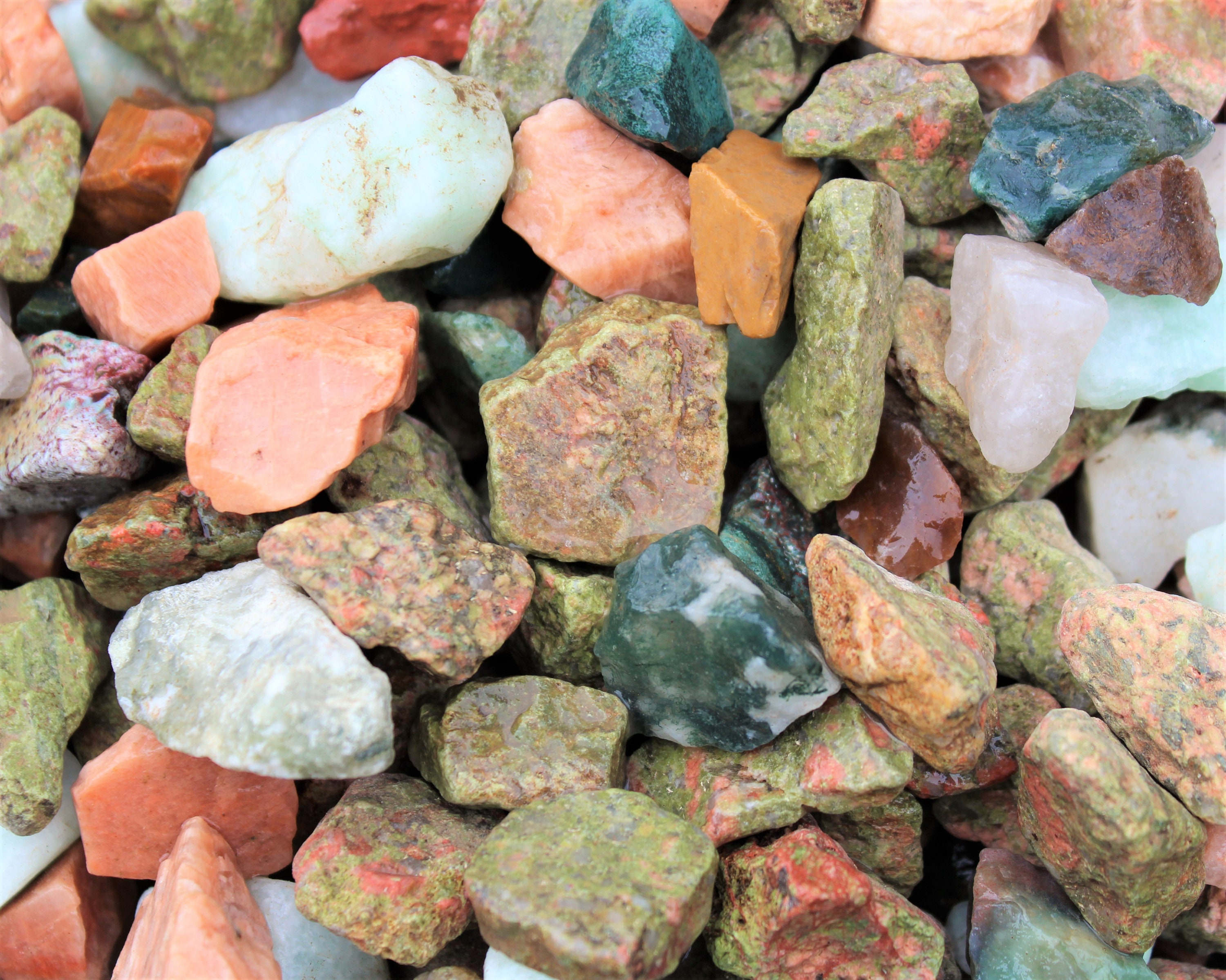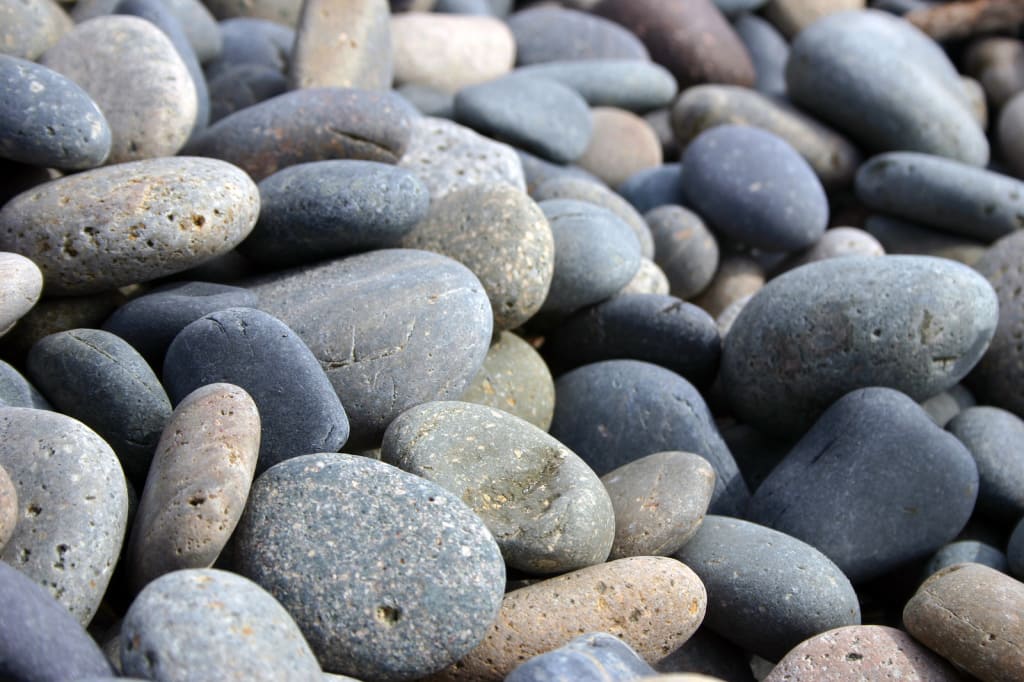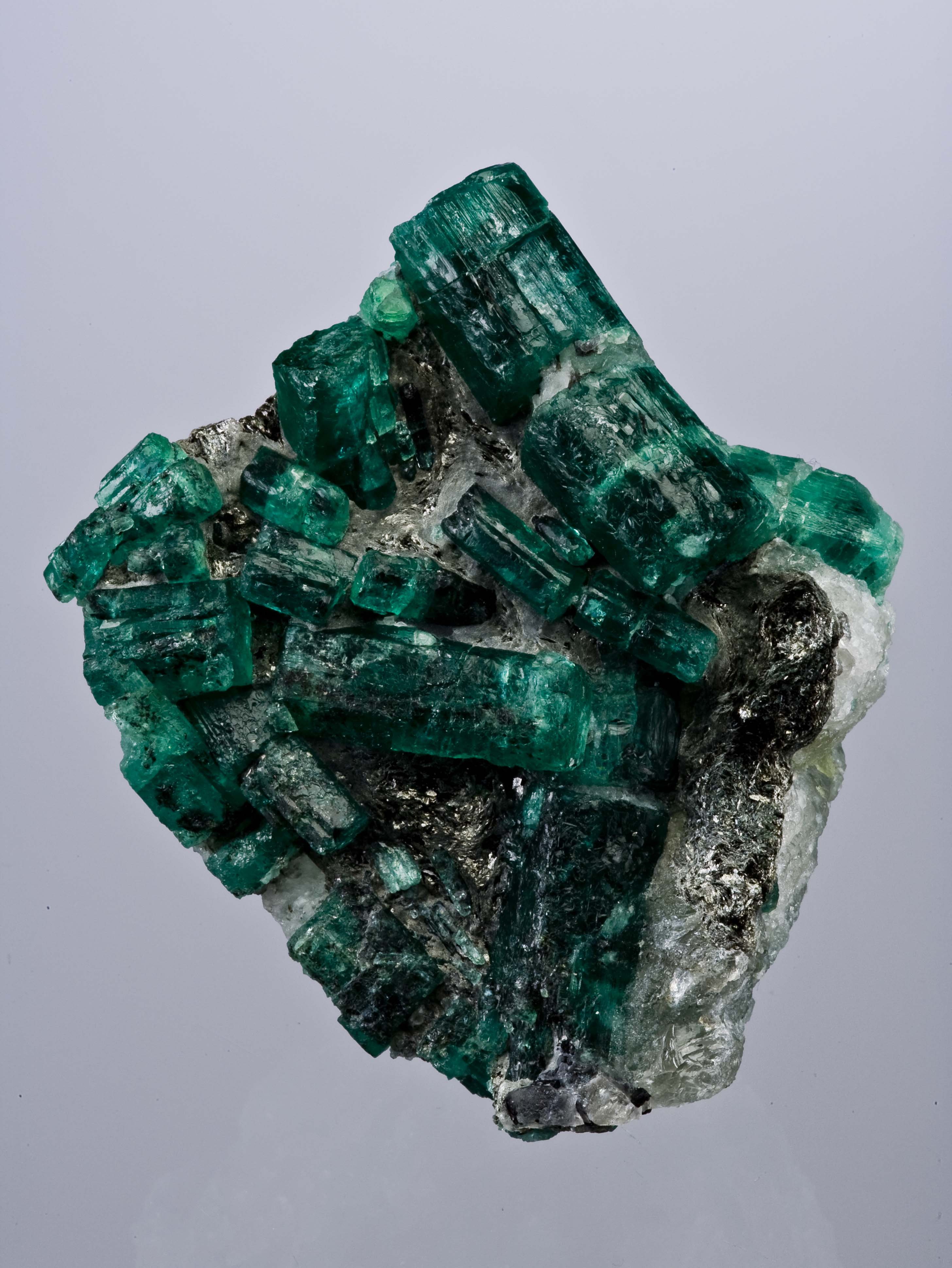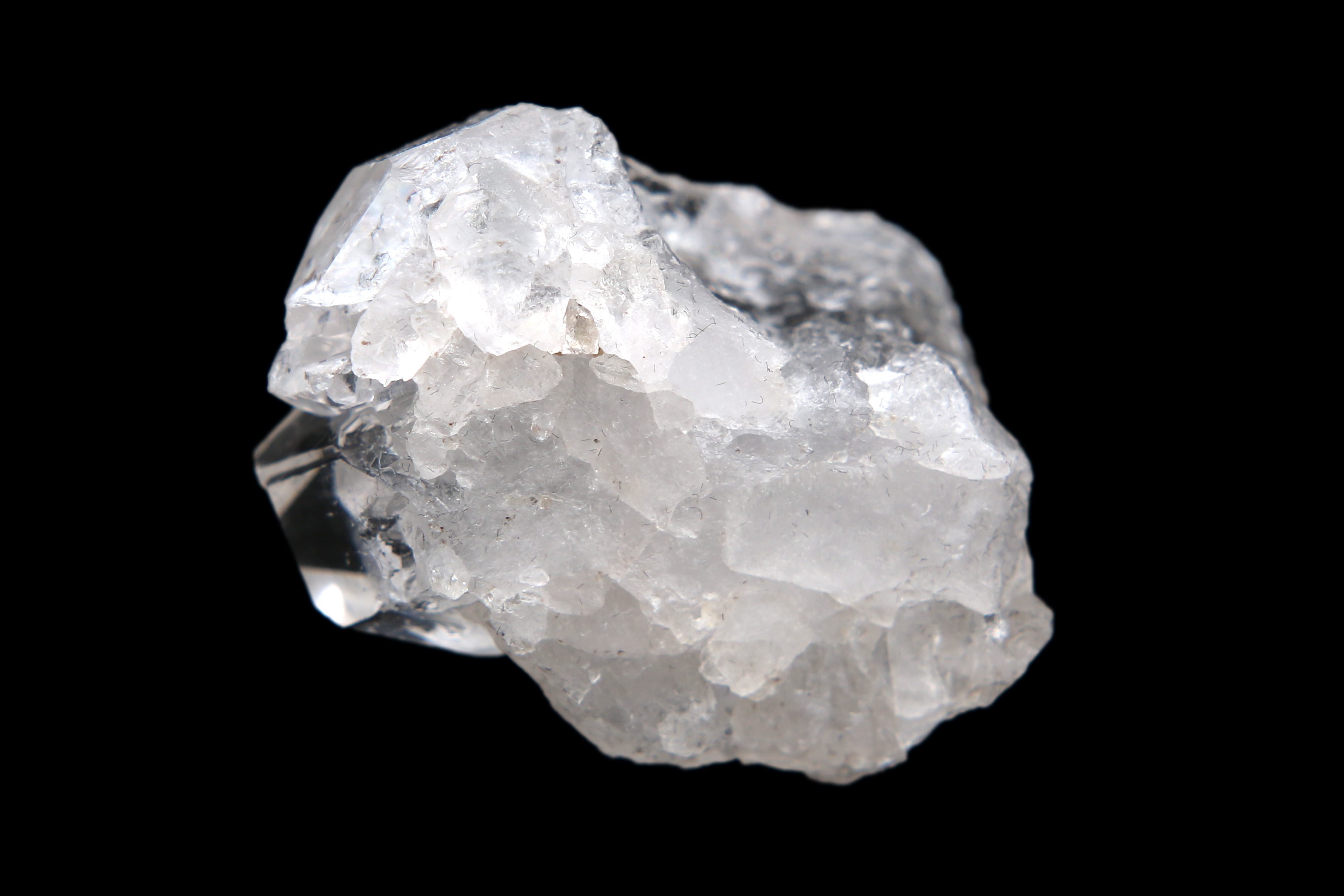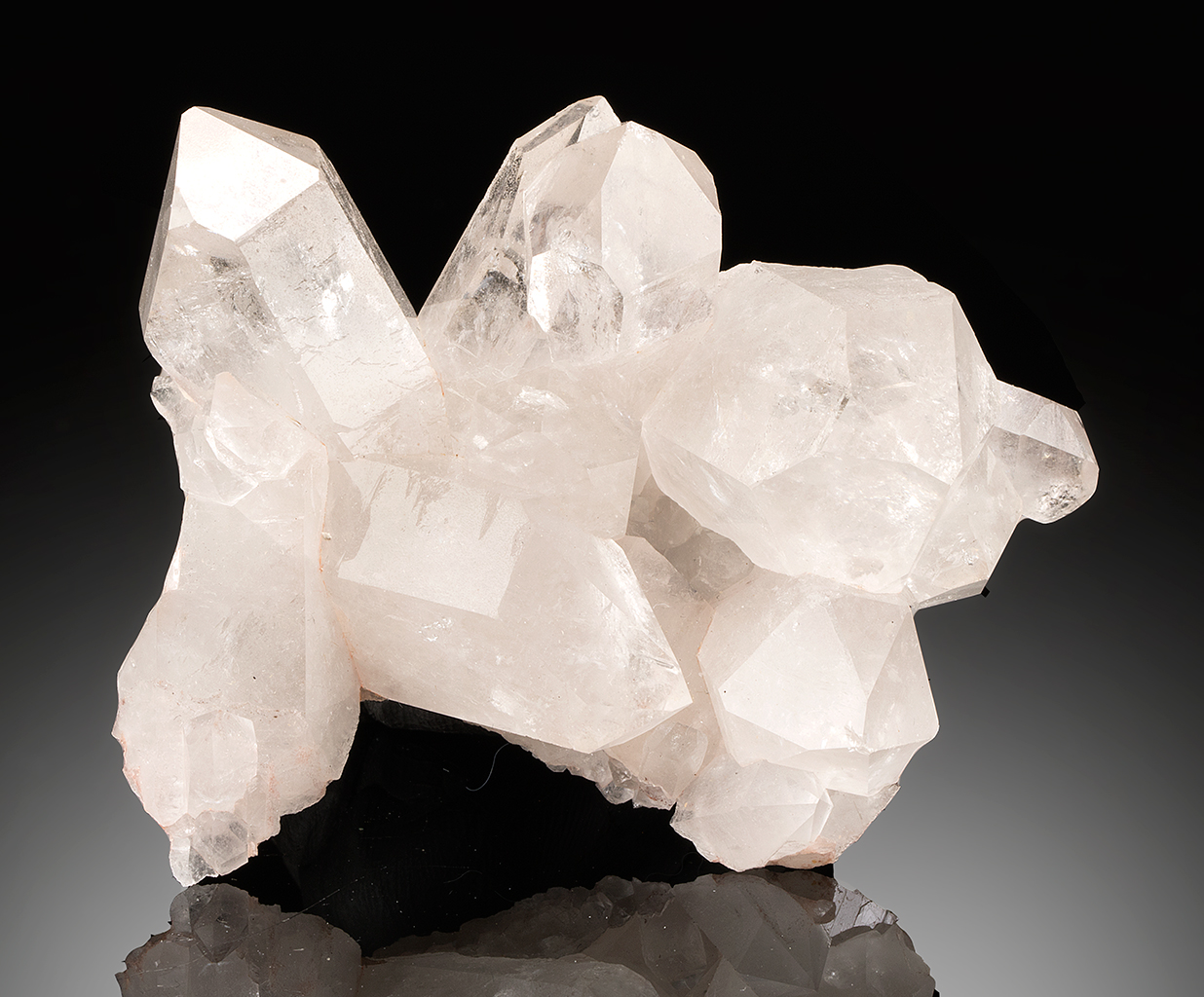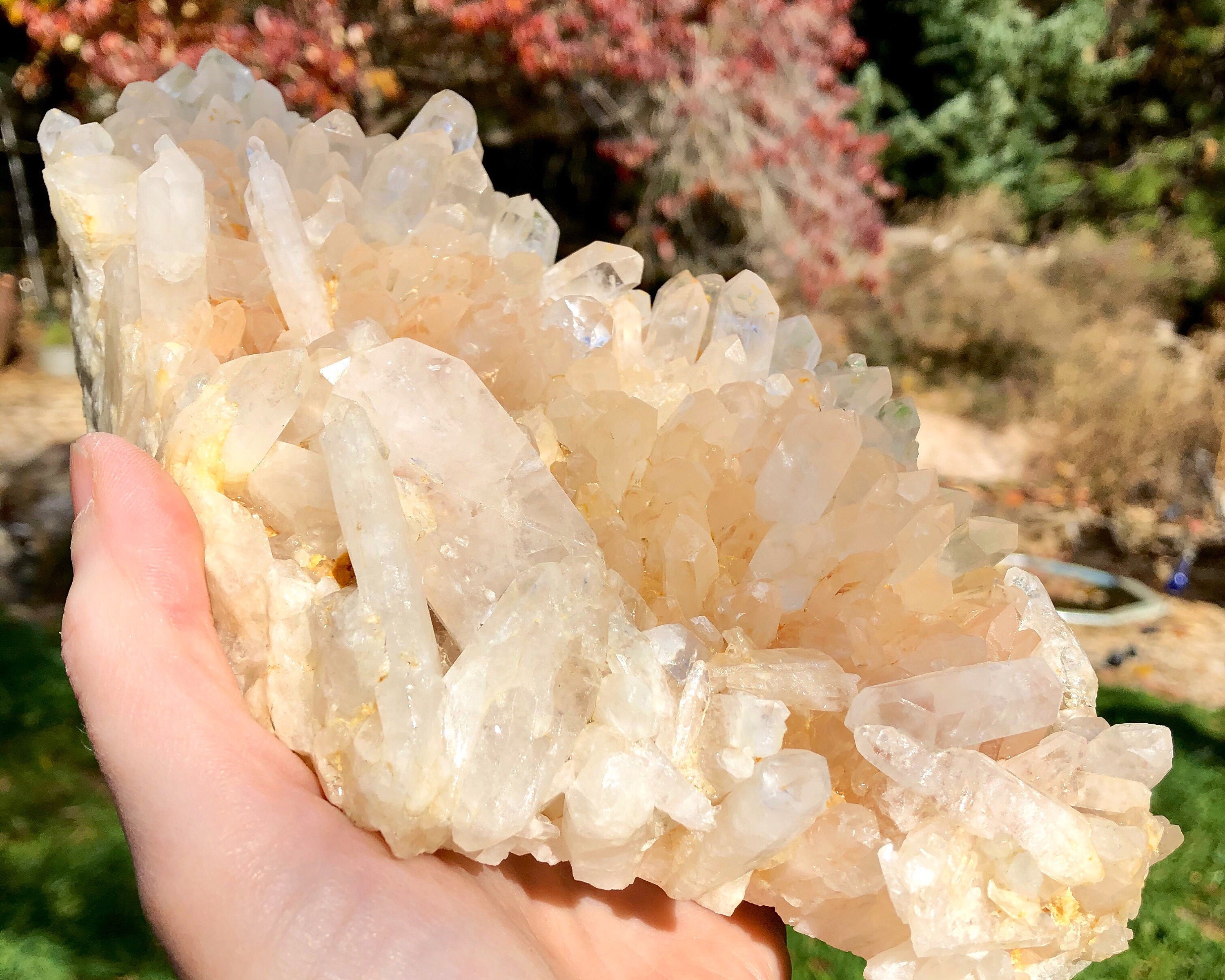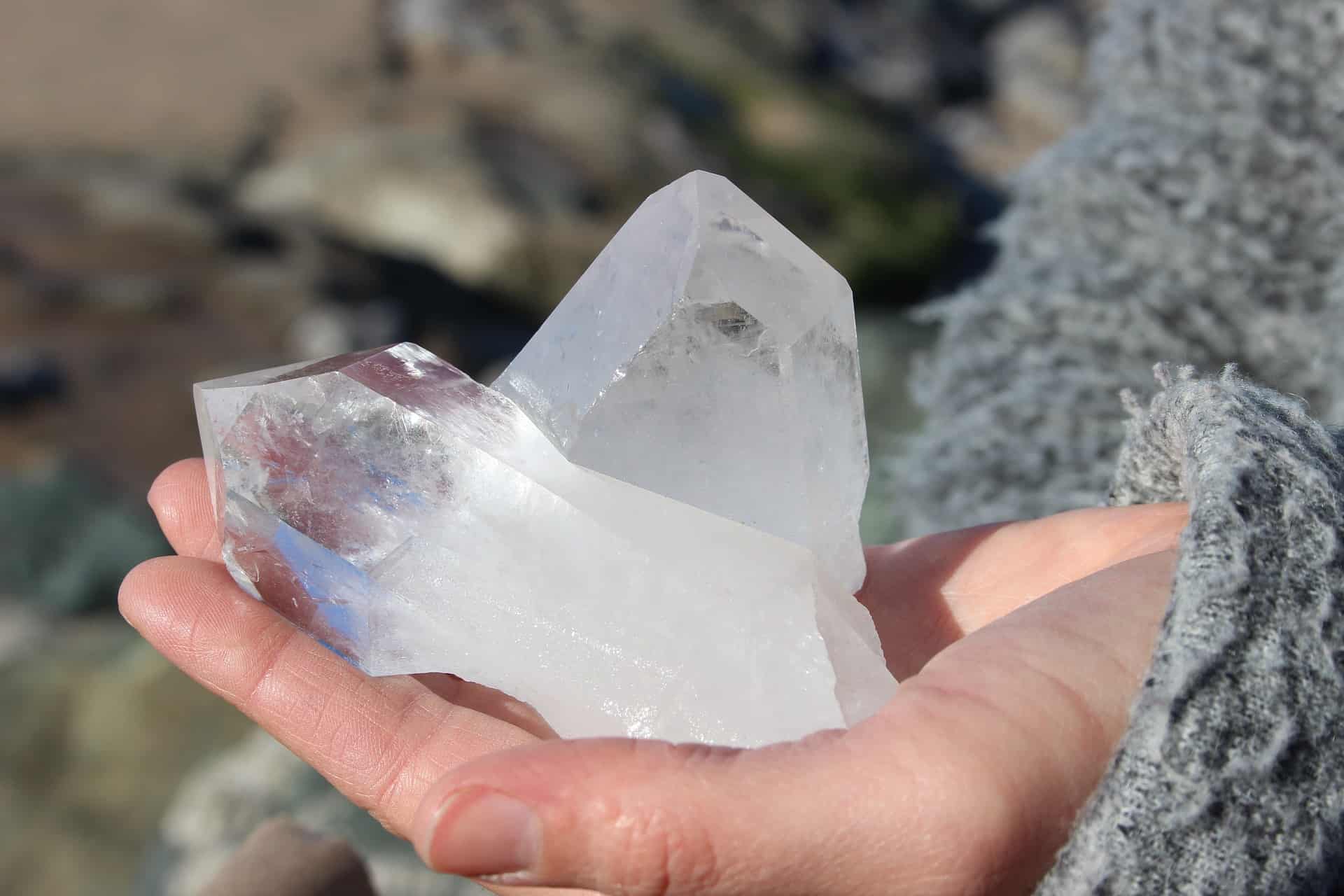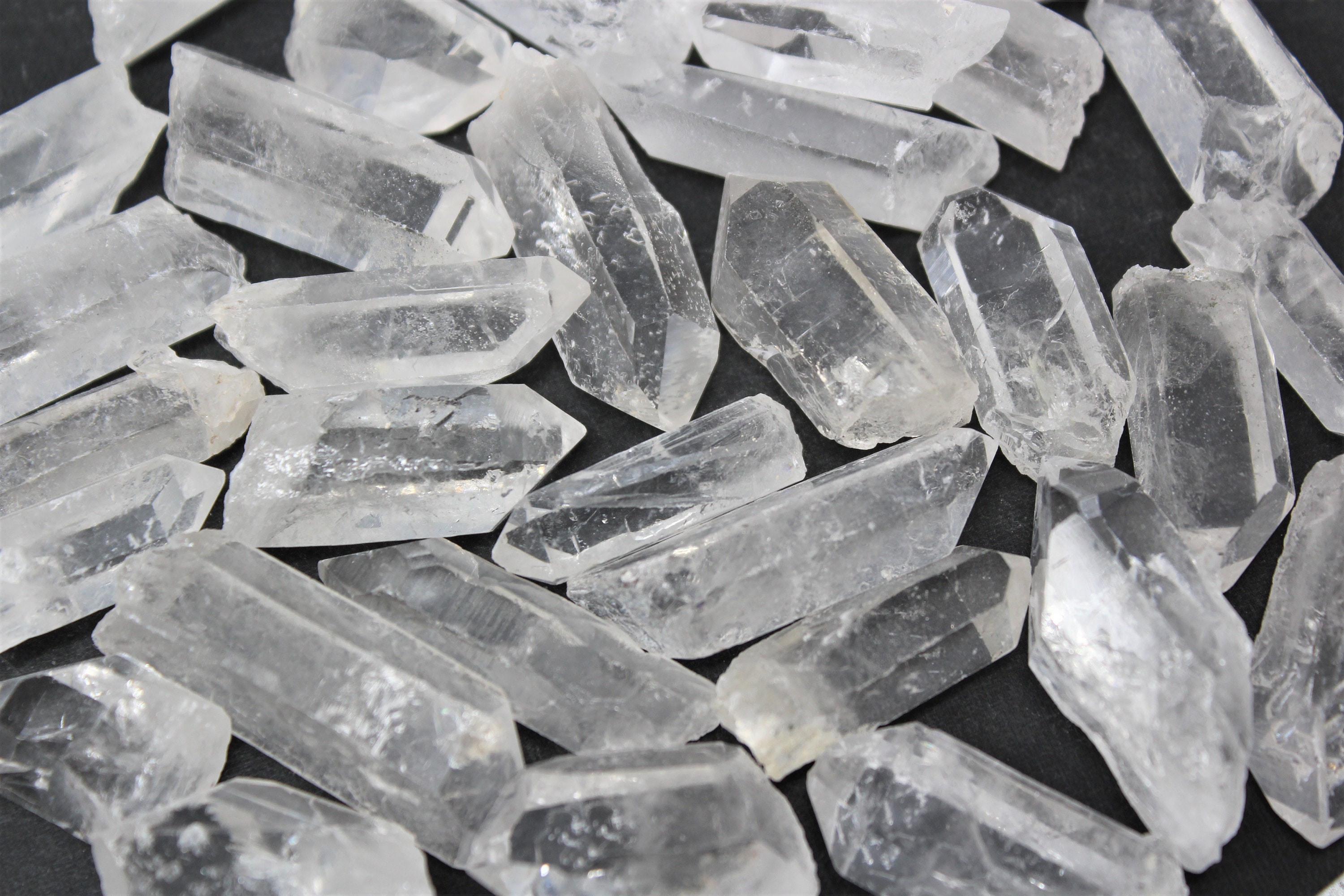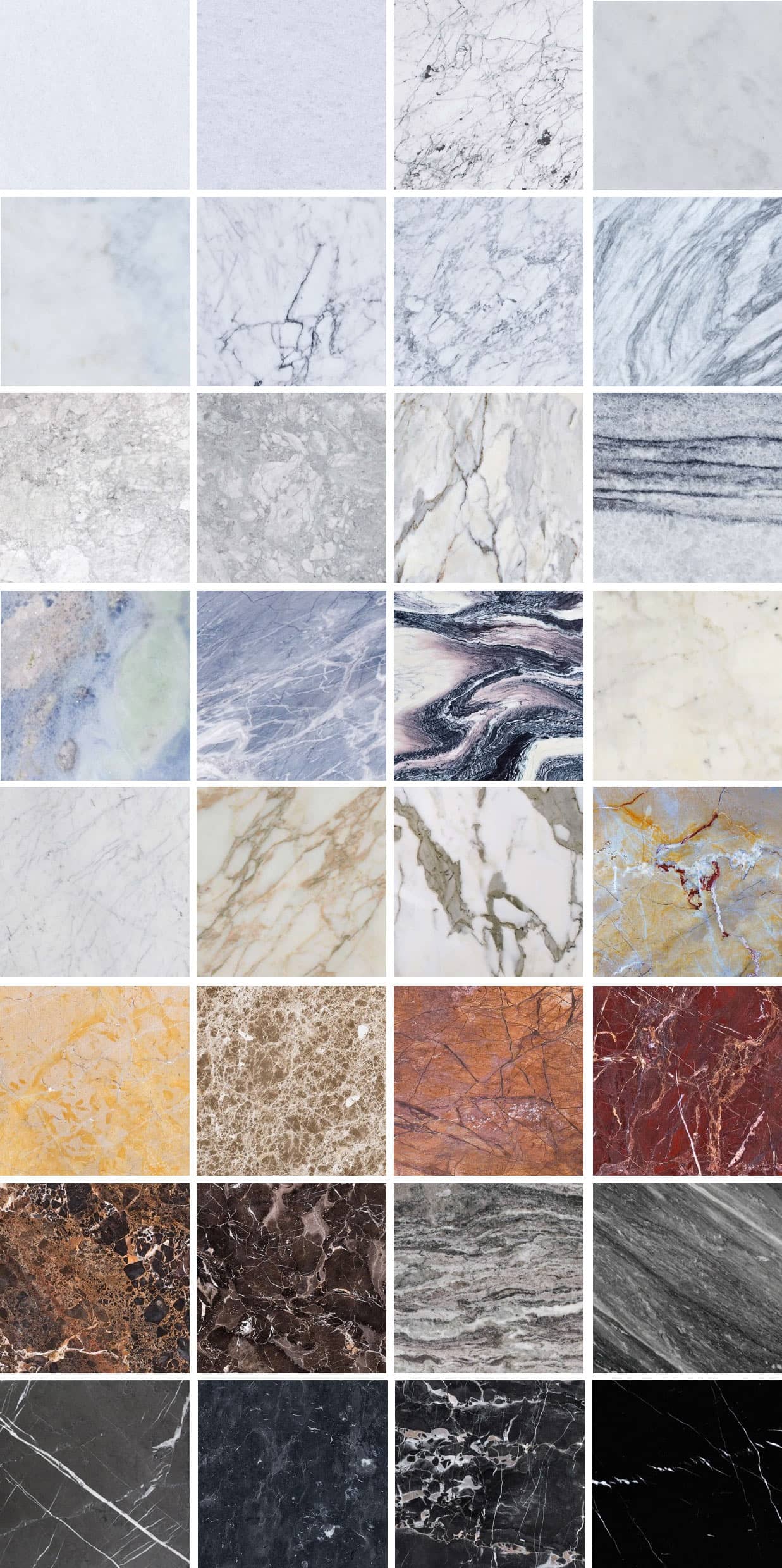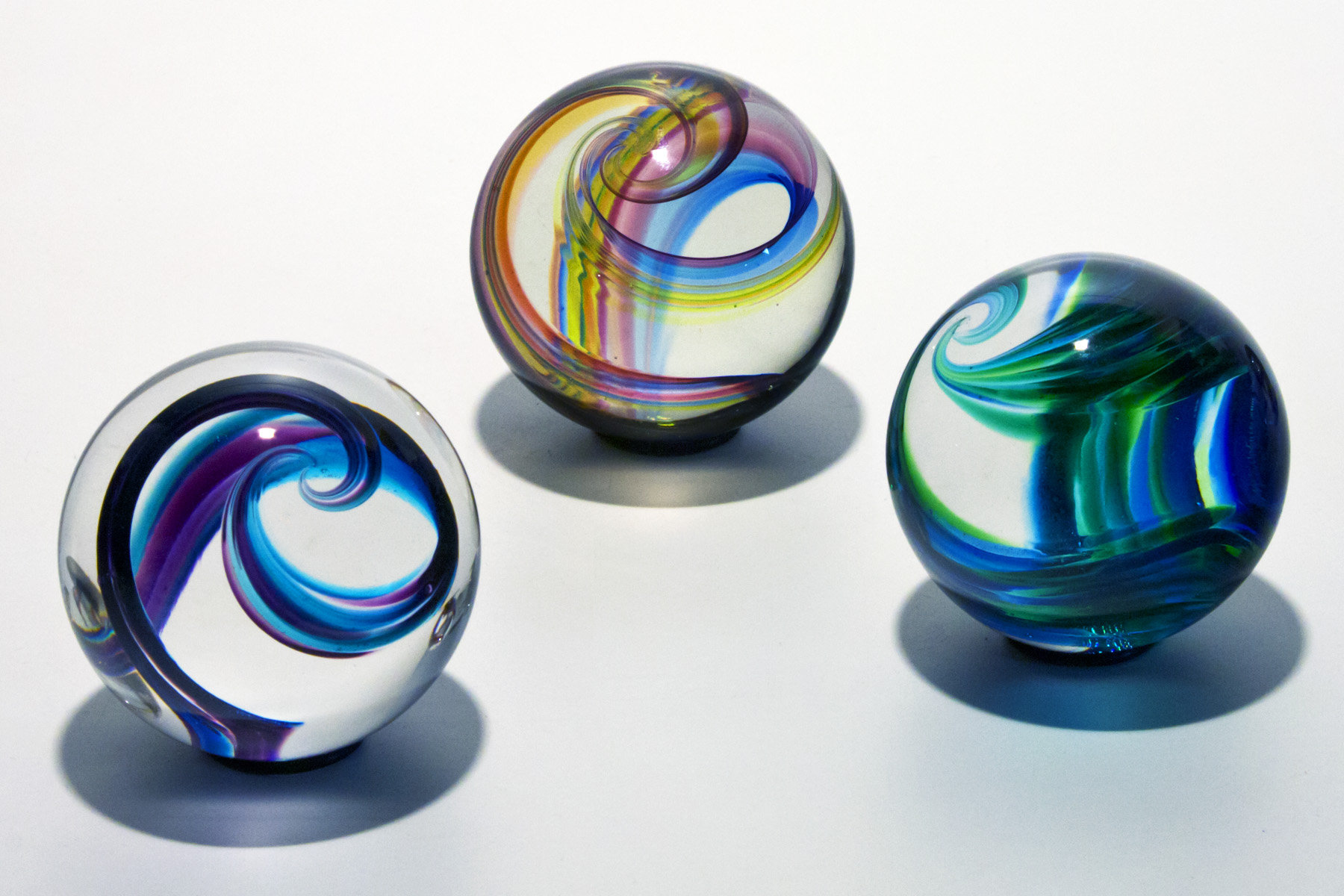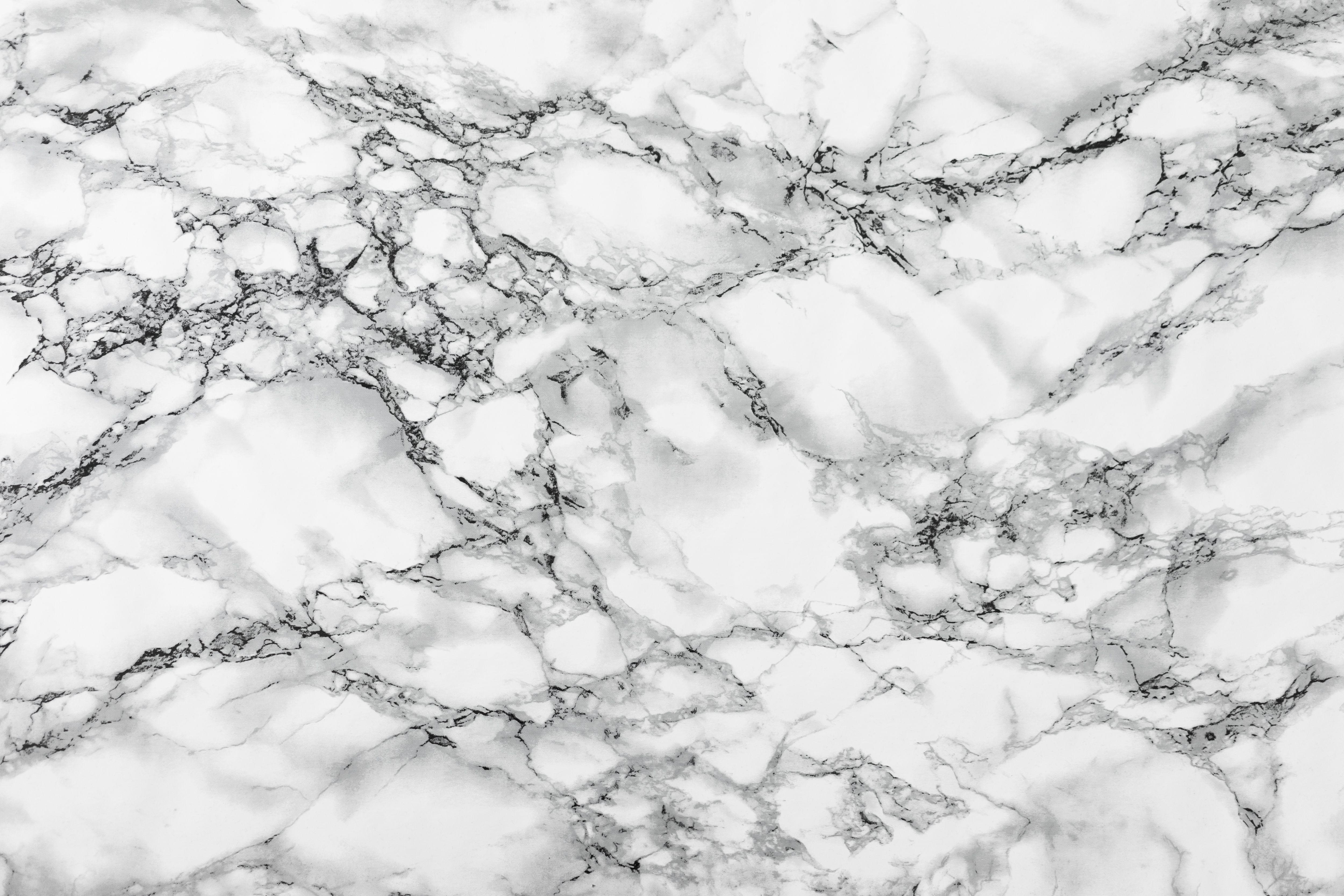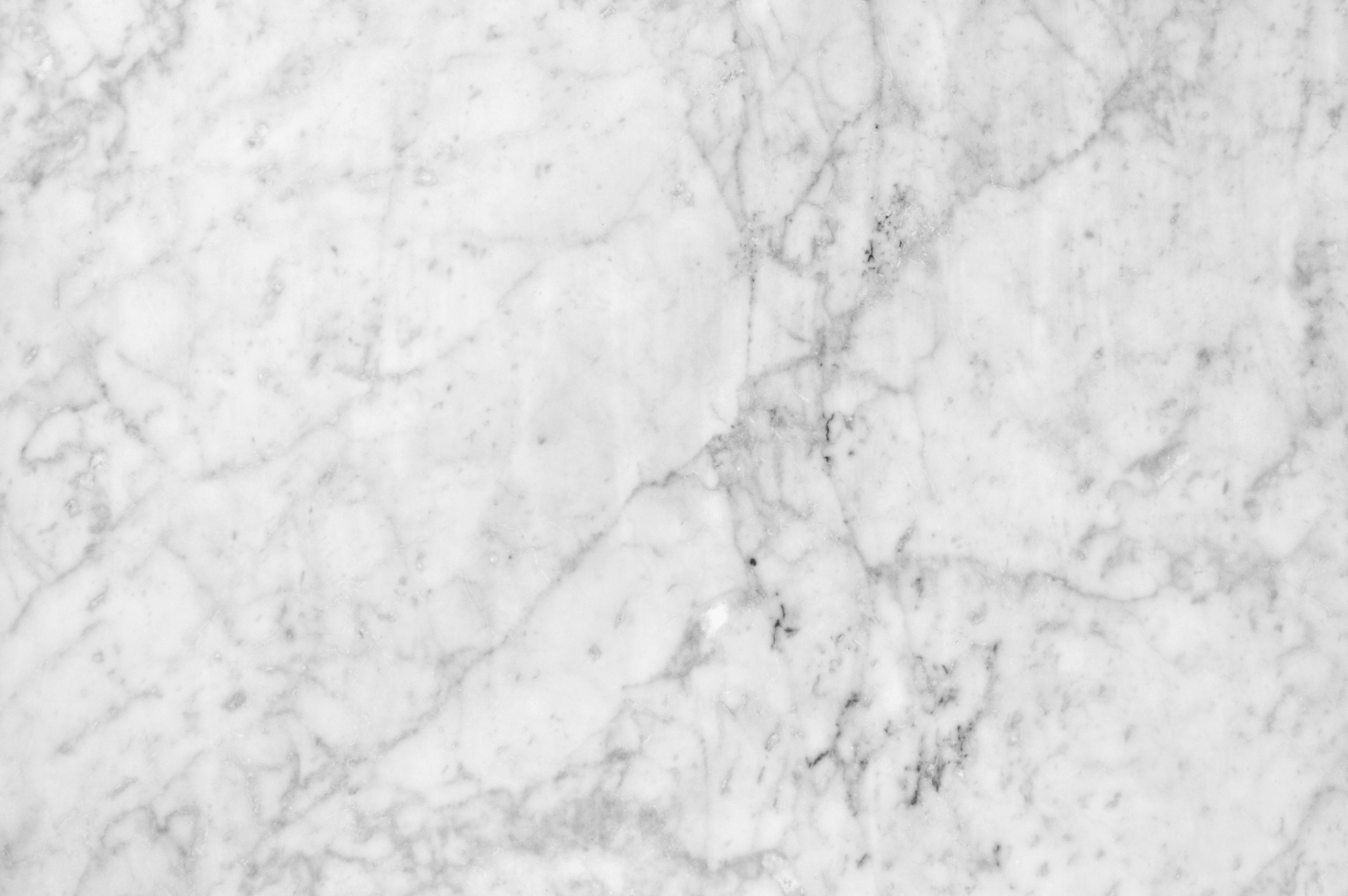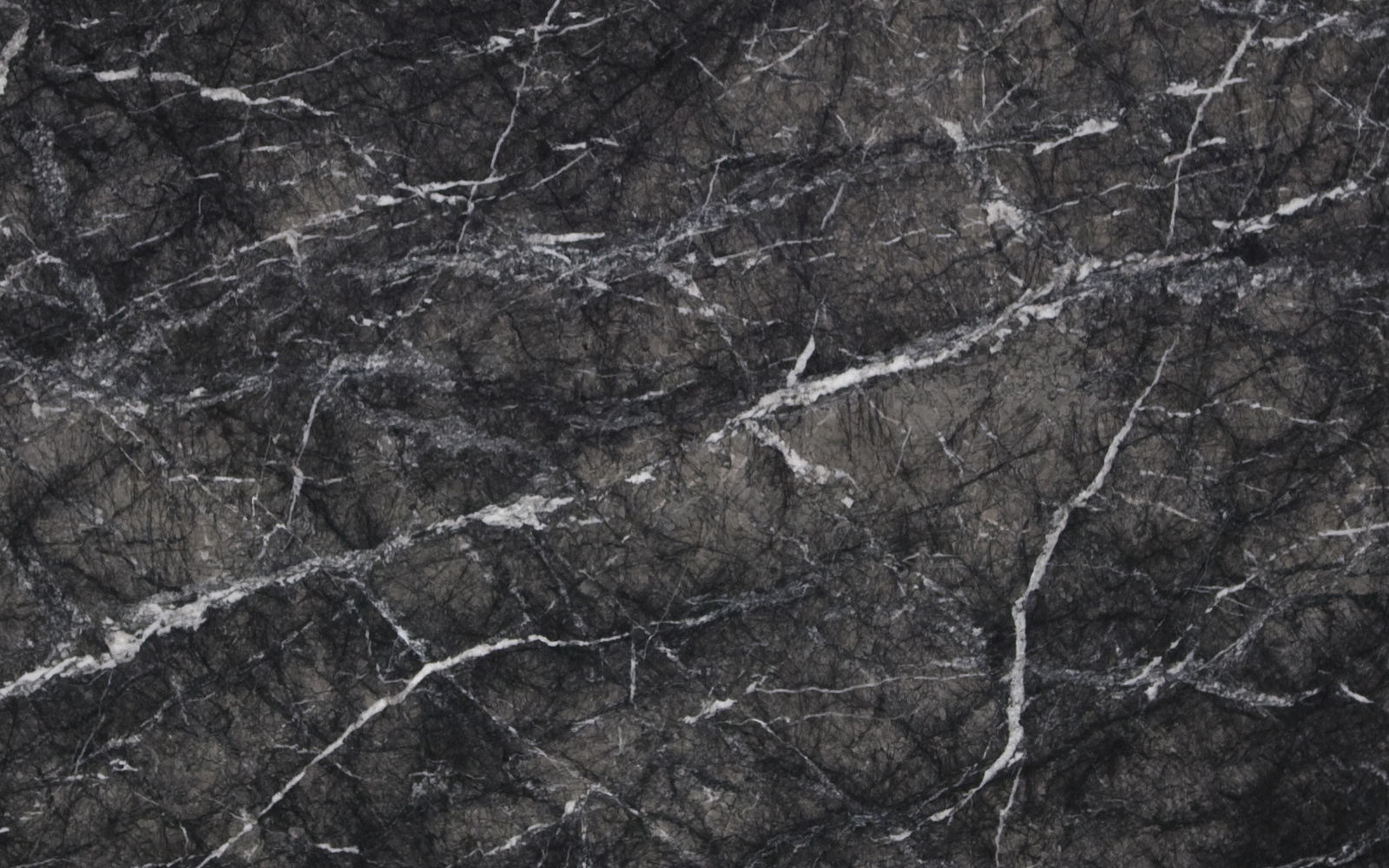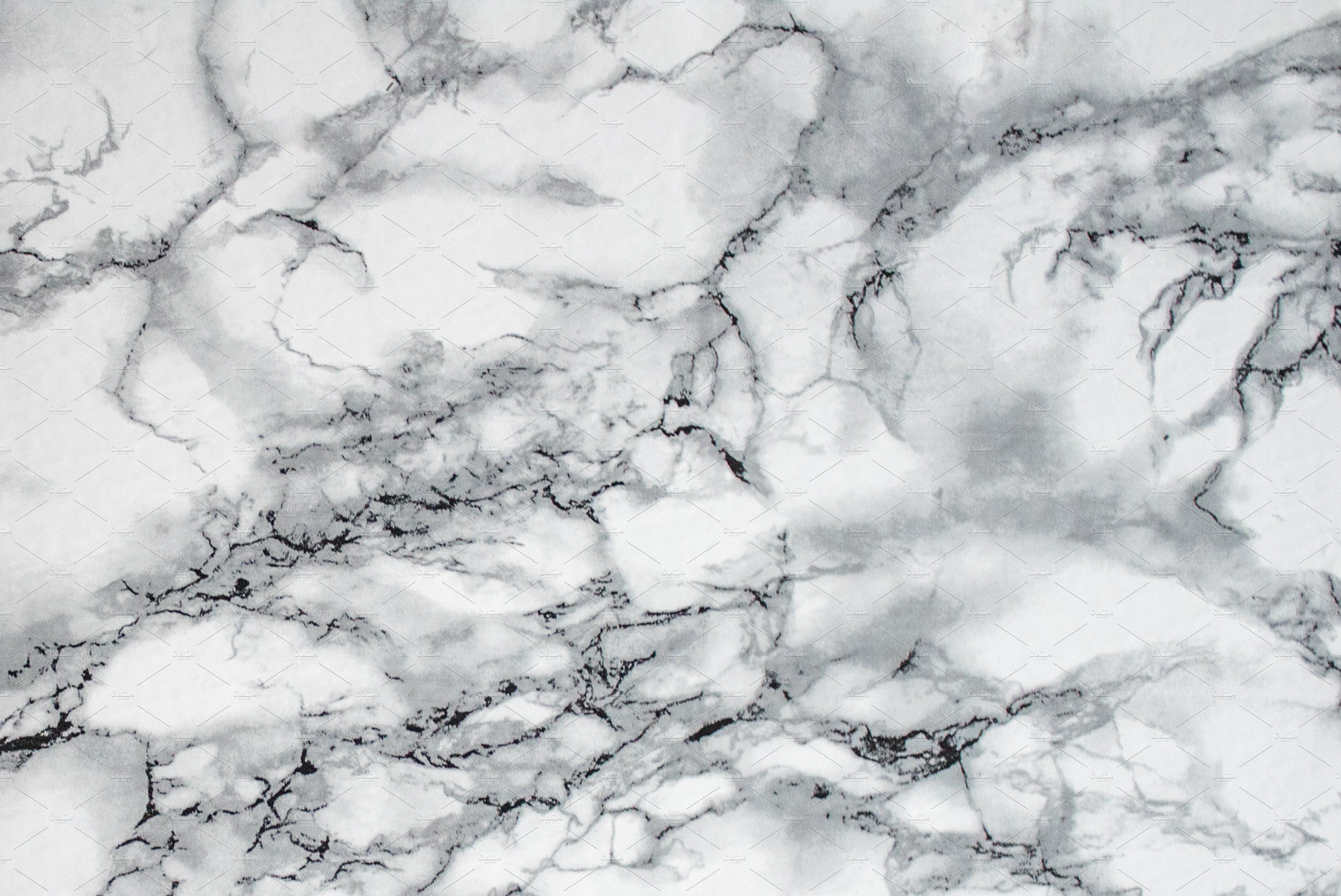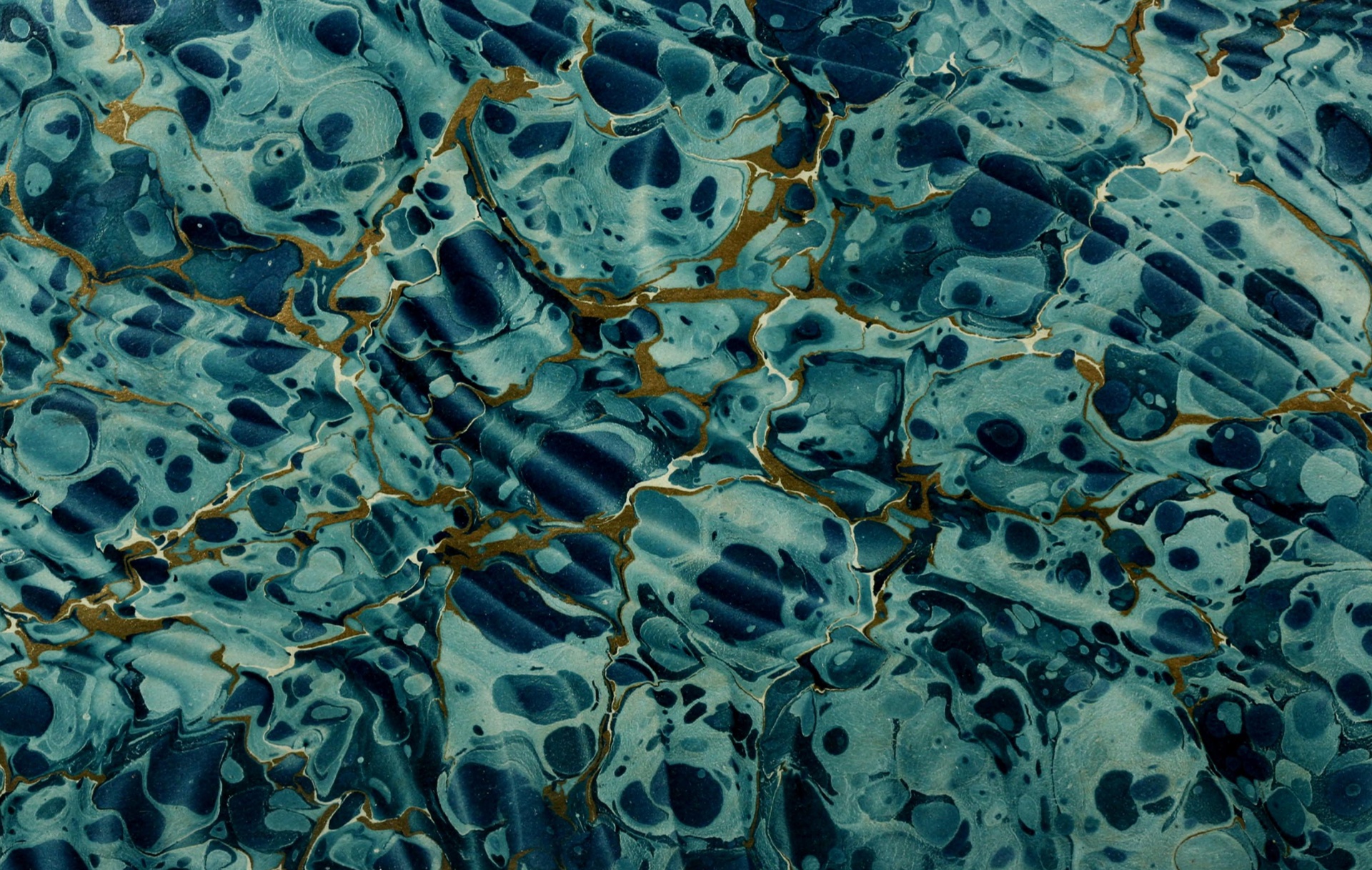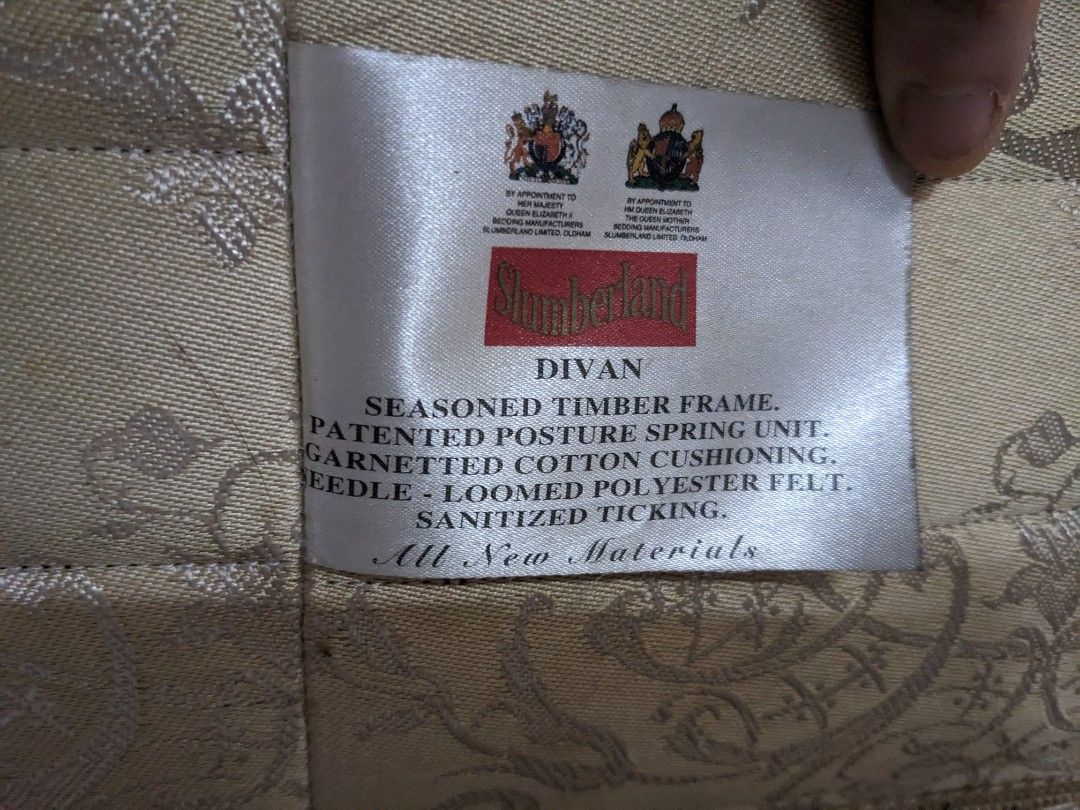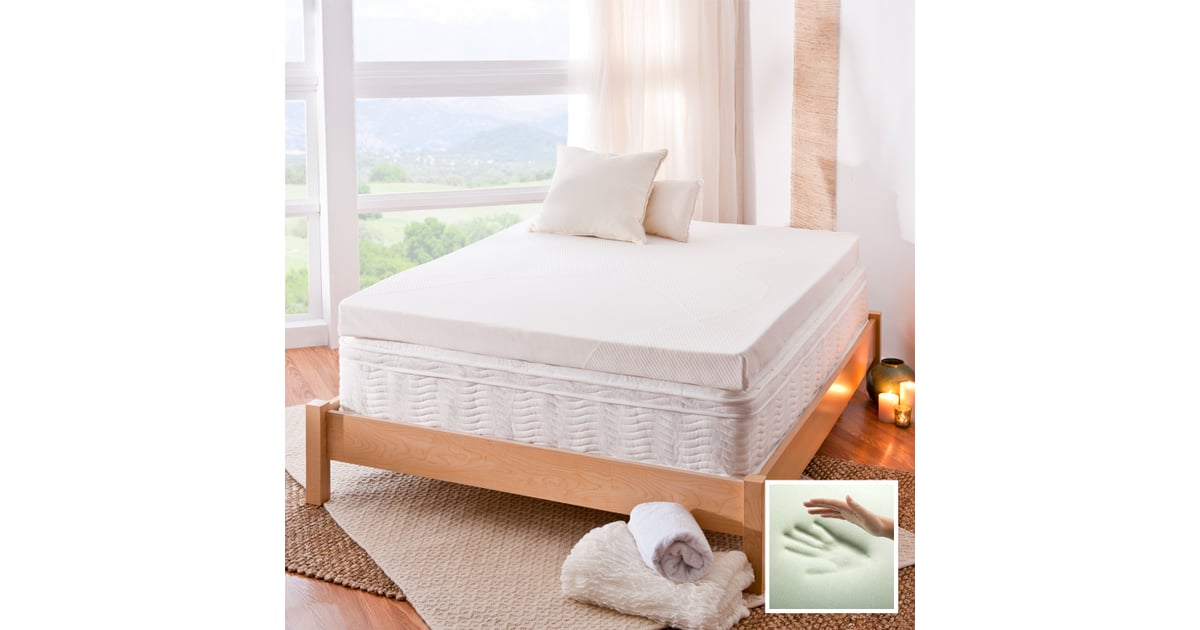Stainless Steel
Pros: Stainless steel is a durable and long-lasting material for kitchen sinks. It is resistant to heat, stains, and corrosion, making it a popular choice for busy kitchens. It is also easy to clean and maintain, and its sleek and modern appearance fits well with any kitchen design. Stainless steel sinks are also relatively affordable compared to other materials.
Cons: Although resistant to stains, stainless steel sinks can still scratch and dent easily, especially when used for heavy-duty tasks. They can also be noisy when water hits the metal surface. Over time, stainless steel sinks can also develop water spots and dullness, which may require frequent polishing to maintain its shine.
Granite Composite
Pros: Granite composite sinks are made of a mix of granite stone and resin, making them incredibly strong and resistant to scratches, stains, and heat. They also come in a variety of colors and finishes, making it easy to find one that complements your kitchen design. The material is also non-porous, making it hygienic and easy to clean.
Cons: While granite composite sinks are durable, they can still be chipped or cracked if heavy objects are dropped on them. They also tend to be more expensive compared to other materials, and their weight may require additional support in the cabinet below.
Fireclay
Pros: Fireclay sinks are made from a combination of clay and glaze, resulting in a durable and heat-resistant material. They are also resistant to stains and scratches and have a smooth, glossy finish that adds a touch of elegance to any kitchen. Fireclay sinks are also easy to clean and maintain.
Cons: Fireclay sinks can be quite heavy, so proper reinforcement may be needed in the cabinet below. They are also more prone to chipping and cracking than other materials and may require a gentler touch when washing dishes.
Cast Iron
Pros: Cast iron sinks are known for their strength and durability, making them a popular choice for heavy-duty tasks. They are also resistant to heat, stains, and scratches and can be found in a variety of colors and designs. Cast iron sinks are also relatively affordable compared to other materials.
Cons: The weight of cast iron sinks may require extra support in the cabinet, and they can be prone to chipping and cracking if heavy objects are dropped on them. They also require regular maintenance to prevent rust and staining.
Copper
Pros: Copper sinks are a beautiful and unique addition to any kitchen. They have a warm and inviting appearance and are highly resistant to bacteria and corrosion. Copper also has natural anti-microbial properties, making it a hygienic choice for a kitchen sink.
Cons: Copper sinks can be expensive, and the material may darken or develop a patina over time, which may not be desired by some homeowners. They also require regular maintenance to prevent tarnishing and water spots.
Porcelain
Pros: Porcelain sinks are known for their classic and elegant appearance, and they come in a variety of colors and designs. They are also resistant to stains, scratches, and heat, making them a durable choice for a kitchen sink. Porcelain is also easy to clean and maintain.
Cons: The material can chip and crack if heavy objects are dropped on it, and the finish may wear off over time. Porcelain sinks are also prone to water spots and may require frequent cleaning to maintain its shine.
Acrylic
Pros: Acrylic sinks are lightweight and easy to install, making them a convenient choice for DIY homeowners. They are also resistant to stains, scratches, and heat and come in a variety of colors and designs. Acrylic is also non-porous, making it hygienic and easy to clean.
Cons: While acrylic sinks are durable, they can still be prone to scratches and may not be as long-lasting as other materials. They may also discolor or stain over time, especially if exposed to harsh chemicals.
Natural Stone
Pros: Natural stone sinks, such as marble or soapstone, are a luxurious and unique choice for a kitchen sink. They have a natural beauty and can add a touch of elegance to any kitchen design. They are also highly resistant to heat and scratches.
Cons: Natural stone sinks can be expensive and may require special care and maintenance to prevent staining and water spots. The material is also prone to chipping and cracking and may require extra support in the cabinet due to its weight.
Quartz
Pros: Quartz sinks are made from a combination of quartz stone and resin, making them incredibly durable and resistant to scratches, stains, and heat. They also come in a variety of colors and designs, and the material is non-porous, making it hygienic and easy to clean.
Cons: Quartz sinks can be expensive compared to other materials, and the weight may require additional support in the cabinet below. They may also be prone to chipping or cracking if heavy objects are dropped on them.
Marble
Pros: Marble sinks are a luxurious and timeless addition to any kitchen. They have a natural beauty and come in a variety of colors and patterns. Marble is also highly resistant to heat and scratches, making it a durable choice for a kitchen sink.
Cons: Marble sinks can be expensive, and the material is prone to staining and water spots. They also require regular maintenance to prevent damage and may be more delicate compared to other materials.
These are the top 10 main kitchen sink materials with their pros and cons. Each material has its own unique features and considerations, so it's important to choose one that fits your needs and preferences. Whether you prioritize durability, aesthetics, or affordability, there is a sink material that can meet your requirements and elevate your kitchen's functionality and design.
Pros and Cons of Different Kitchen Sink Materials
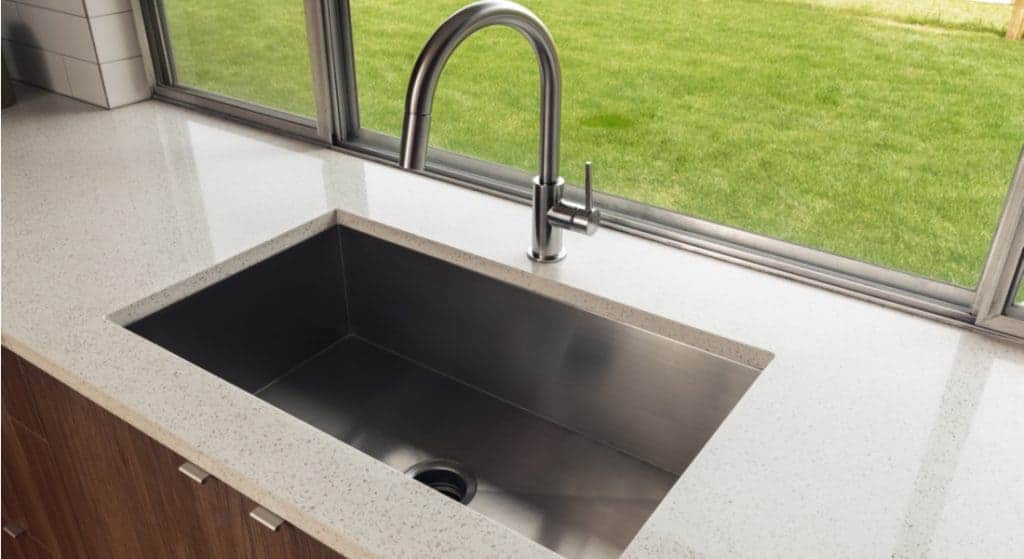
The Importance of Choosing the Right Kitchen Sink Material
 When it comes to designing a kitchen, choosing the right sink material is just as important as selecting the perfect cabinets and countertops. The kitchen sink is one of the most heavily used fixtures in any home, and it needs to be both functional and visually pleasing. However, with so many different materials to choose from, it can be overwhelming to decide which one is best for your kitchen. To help you make an informed decision, let's explore the pros and cons of some popular kitchen sink materials.
When it comes to designing a kitchen, choosing the right sink material is just as important as selecting the perfect cabinets and countertops. The kitchen sink is one of the most heavily used fixtures in any home, and it needs to be both functional and visually pleasing. However, with so many different materials to choose from, it can be overwhelming to decide which one is best for your kitchen. To help you make an informed decision, let's explore the pros and cons of some popular kitchen sink materials.
Stainless Steel
 Pros:
Stainless steel is the most popular choice for kitchen sinks and for good reason. It's affordable, durable, and easy to clean. Stainless steel sinks also come in a variety of styles and sizes, making it easy to find one that fits your kitchen design.
Cons:
While stainless steel is resistant to most stains and scratches, it can still get scratched or dented with heavy use. It also tends to show water spots and fingerprints, which may require frequent wiping to keep it looking clean.
Pros:
Stainless steel is the most popular choice for kitchen sinks and for good reason. It's affordable, durable, and easy to clean. Stainless steel sinks also come in a variety of styles and sizes, making it easy to find one that fits your kitchen design.
Cons:
While stainless steel is resistant to most stains and scratches, it can still get scratched or dented with heavy use. It also tends to show water spots and fingerprints, which may require frequent wiping to keep it looking clean.
Granite Composite
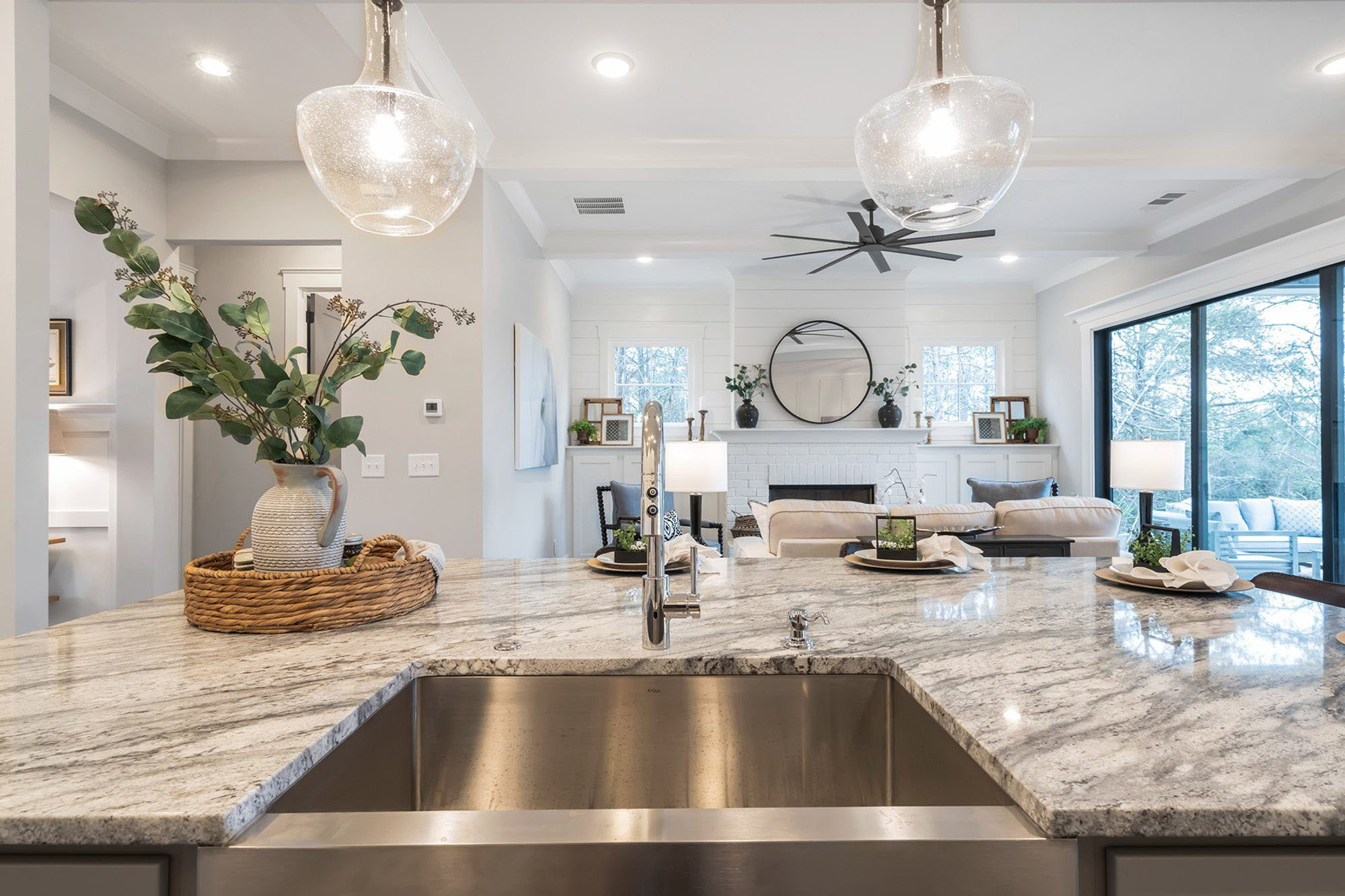 Pros:
Granite composite sinks are made from a mixture of granite and resin, making them extremely durable and resistant to scratches, stains, and heat. They also come in a variety of colors and patterns, giving your kitchen a unique and modern look.
Cons:
These sinks can be more expensive than other materials and may require special cleaning products to maintain their shine. They are also heavier than other sinks, so proper support and installation are necessary.
Pros:
Granite composite sinks are made from a mixture of granite and resin, making them extremely durable and resistant to scratches, stains, and heat. They also come in a variety of colors and patterns, giving your kitchen a unique and modern look.
Cons:
These sinks can be more expensive than other materials and may require special cleaning products to maintain their shine. They are also heavier than other sinks, so proper support and installation are necessary.
Cast Iron
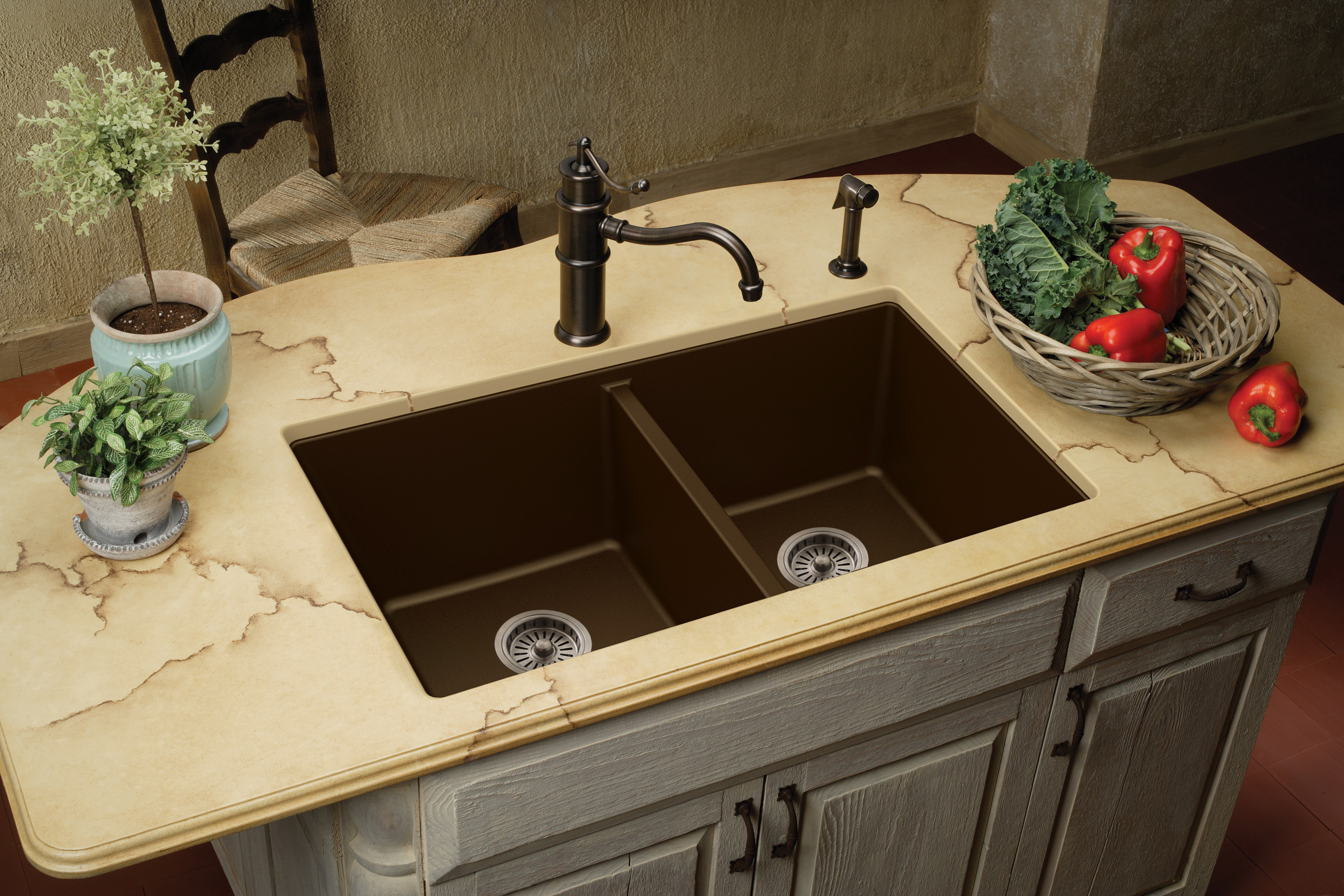 Pros:
Cast iron sinks have been a popular choice for decades due to their classic and timeless look. They are also highly resistant to scratches, stains, and heat, making them a durable option for any kitchen.
Cons:
These sinks can be heavy and require additional support during installation. They are also prone to chipping and may require regular re-enameling to maintain their appearance.
Pros:
Cast iron sinks have been a popular choice for decades due to their classic and timeless look. They are also highly resistant to scratches, stains, and heat, making them a durable option for any kitchen.
Cons:
These sinks can be heavy and require additional support during installation. They are also prone to chipping and may require regular re-enameling to maintain their appearance.
Porcelain
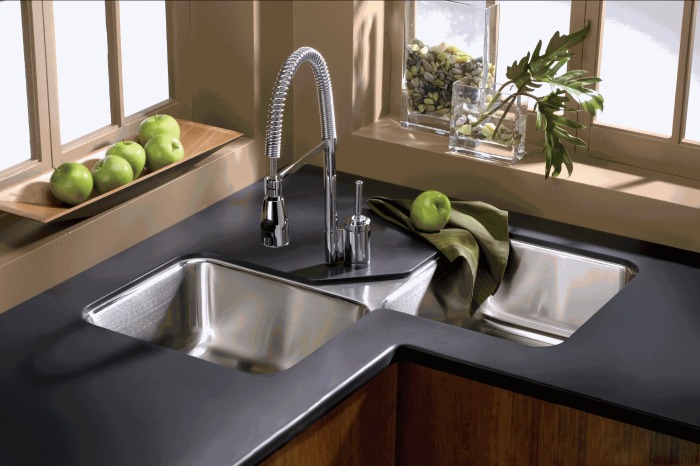 Pros:
Porcelain sinks are a popular choice for traditional and farmhouse style kitchens. They are resistant to stains and scratches and come in a variety of colors and designs to match any kitchen aesthetic.
Cons:
Porcelain sinks can be prone to chipping and may require frequent cleaning to avoid staining. They are also more delicate than other materials and can crack if heavy objects are dropped on them.
Pros:
Porcelain sinks are a popular choice for traditional and farmhouse style kitchens. They are resistant to stains and scratches and come in a variety of colors and designs to match any kitchen aesthetic.
Cons:
Porcelain sinks can be prone to chipping and may require frequent cleaning to avoid staining. They are also more delicate than other materials and can crack if heavy objects are dropped on them.
Copper
 Pros:
Copper sinks are a beautiful and unique addition to any kitchen. They are highly resistant to bacteria and stains and can add a touch of warmth and luxury to your kitchen design.
Cons:
Copper sinks can be expensive and require regular maintenance to keep them looking their best. They can also develop a patina over time, which may not be desirable for some homeowners.
Pros:
Copper sinks are a beautiful and unique addition to any kitchen. They are highly resistant to bacteria and stains and can add a touch of warmth and luxury to your kitchen design.
Cons:
Copper sinks can be expensive and require regular maintenance to keep them looking their best. They can also develop a patina over time, which may not be desirable for some homeowners.
Conclusion
 Choosing the right kitchen sink material ultimately depends on your specific needs and preferences. Each material has its own set of pros and cons, and it's important to weigh them carefully before making a decision. Consider your budget, style, and lifestyle when selecting a kitchen sink material to ensure it not only looks great but also functions well for years to come.
Choosing the right kitchen sink material ultimately depends on your specific needs and preferences. Each material has its own set of pros and cons, and it's important to weigh them carefully before making a decision. Consider your budget, style, and lifestyle when selecting a kitchen sink material to ensure it not only looks great but also functions well for years to come.
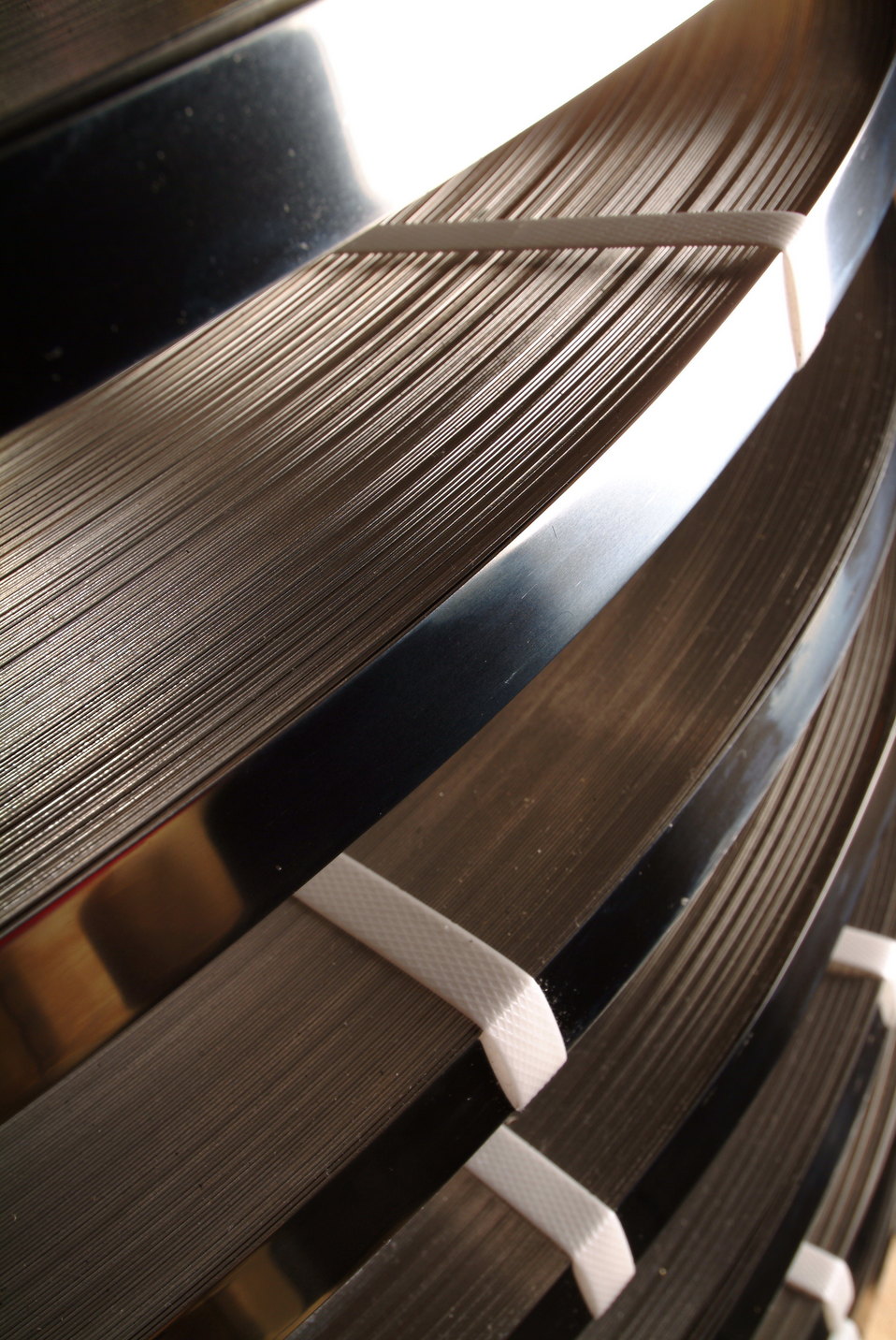


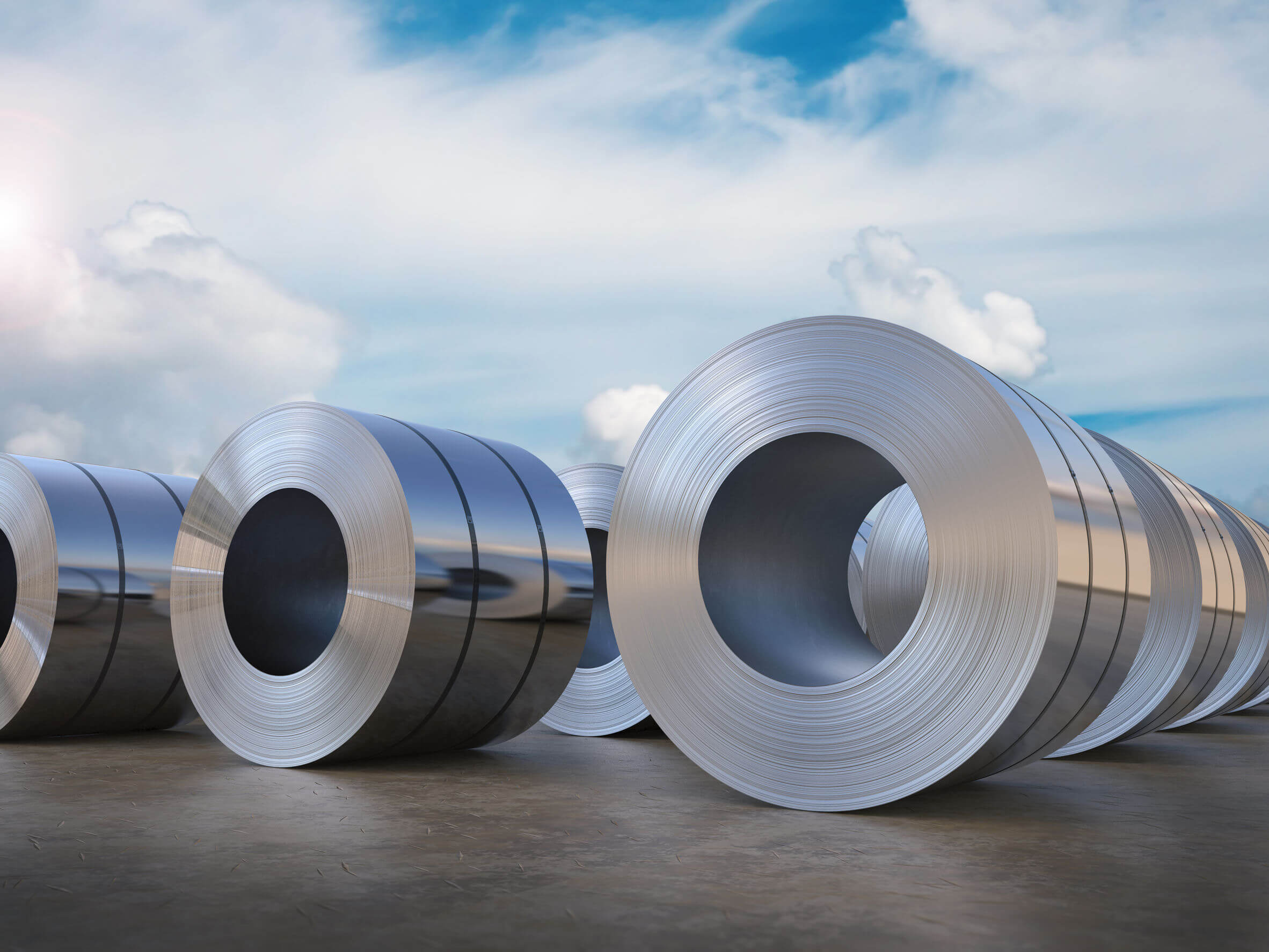









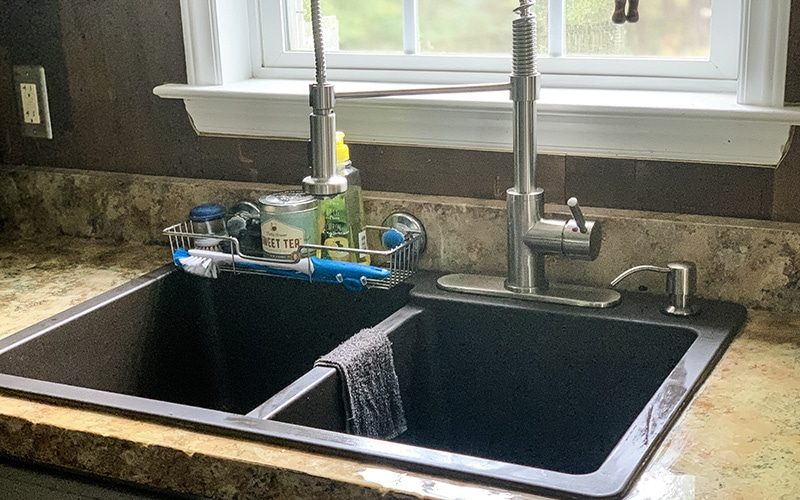

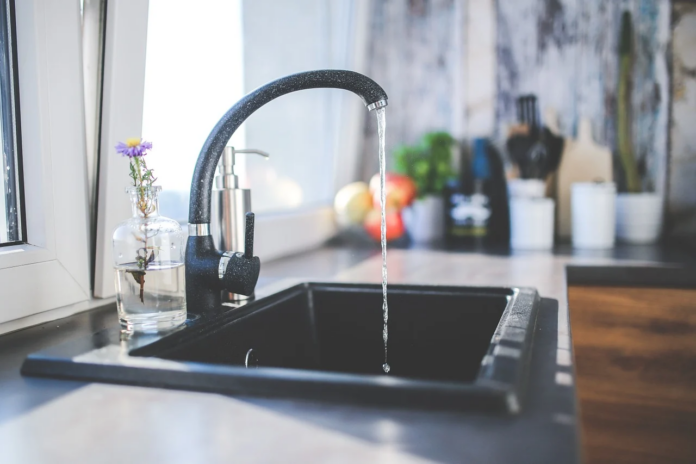

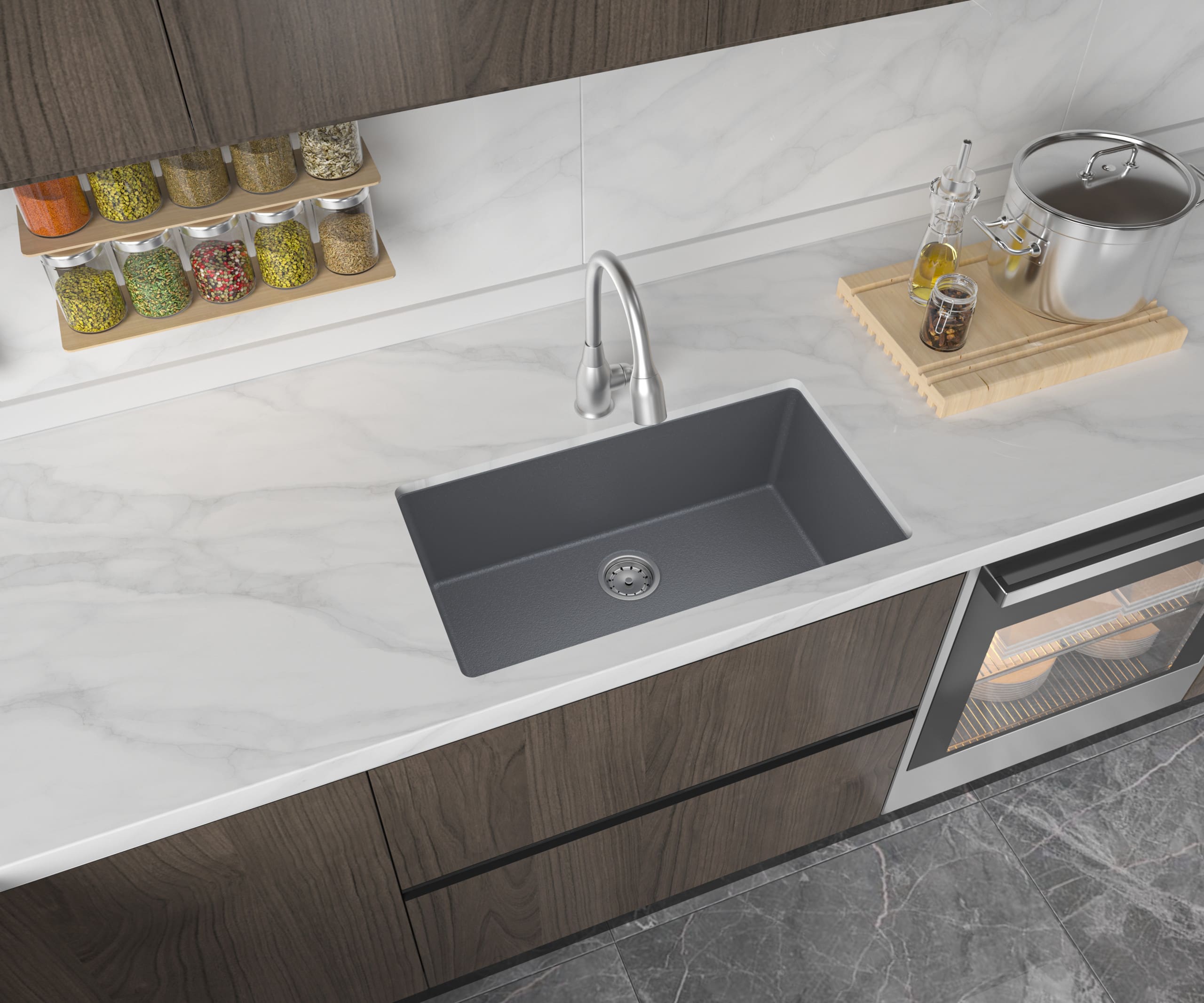


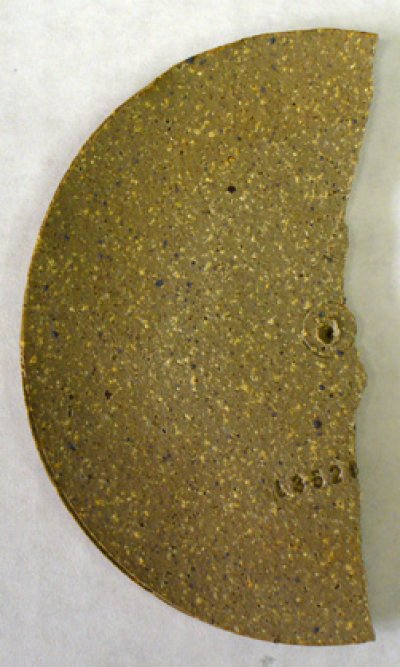
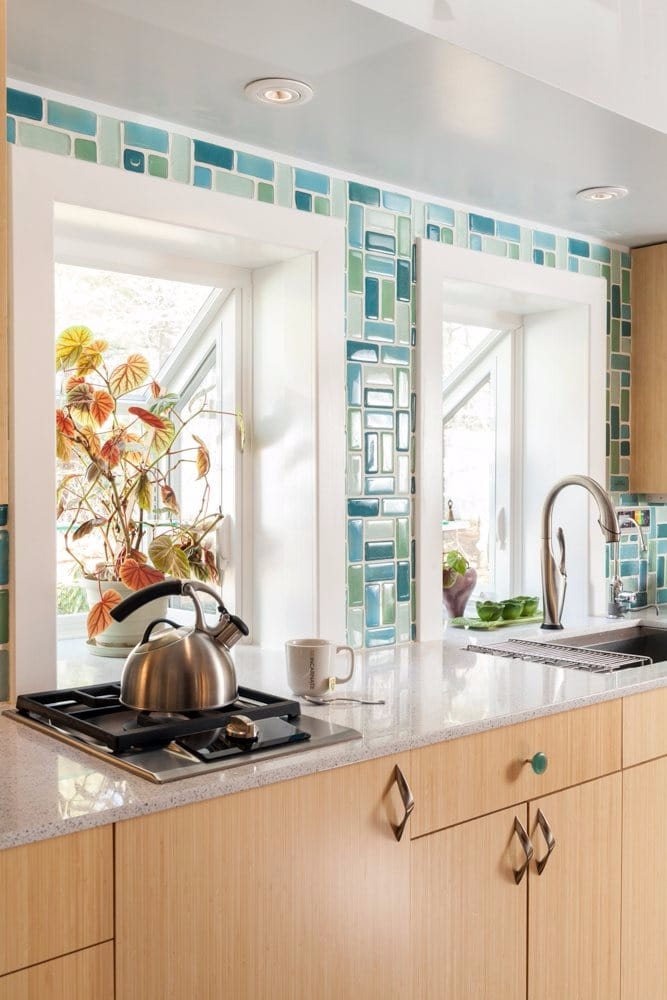
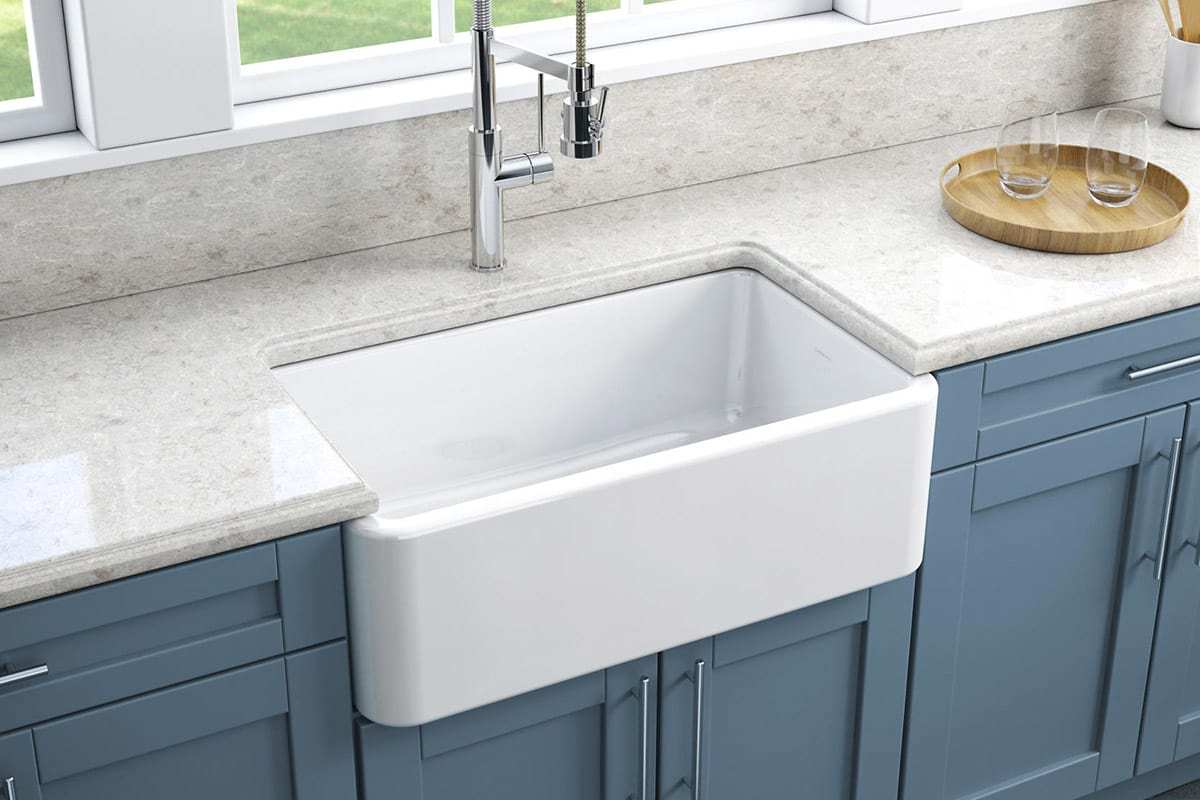

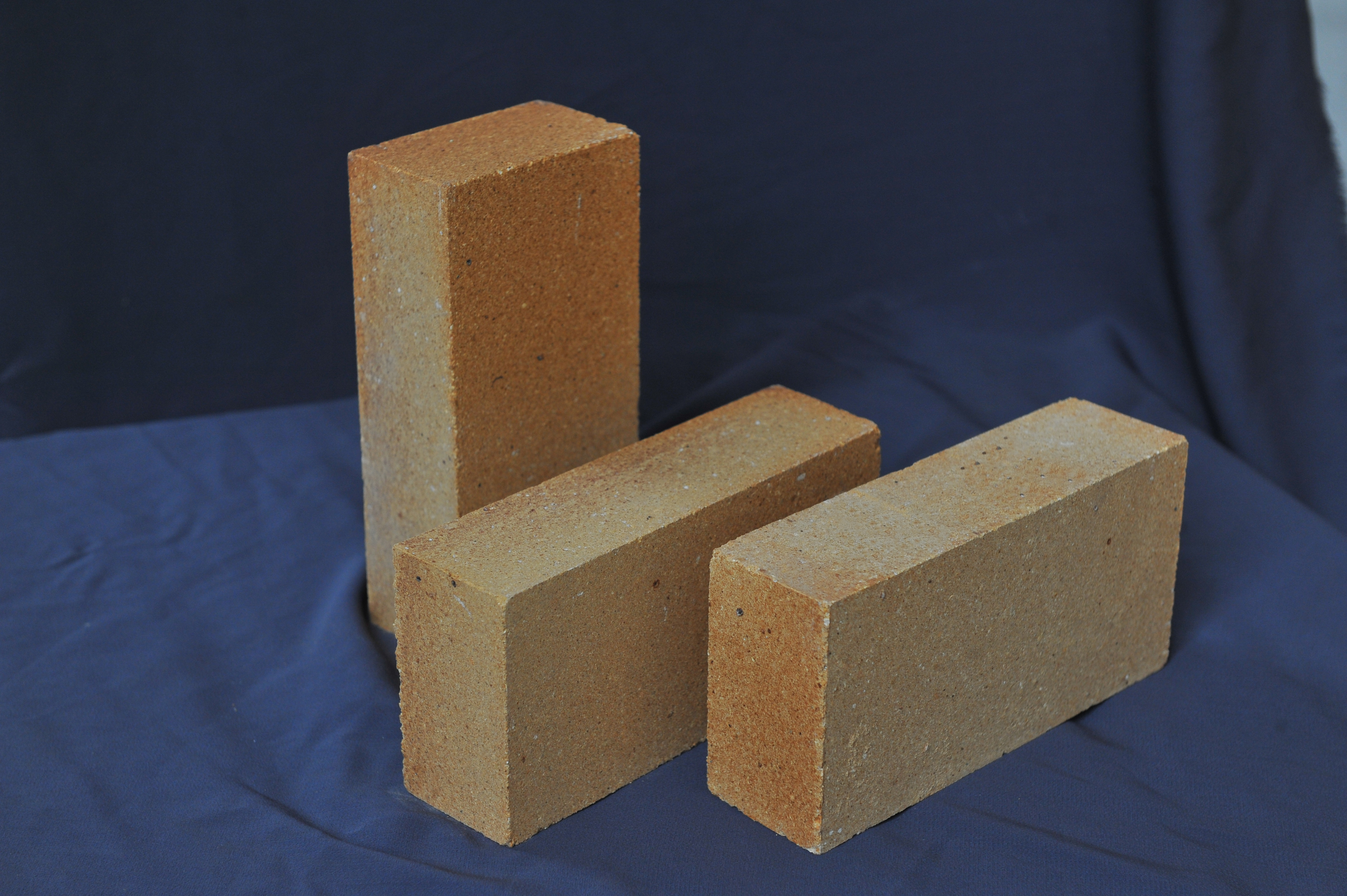
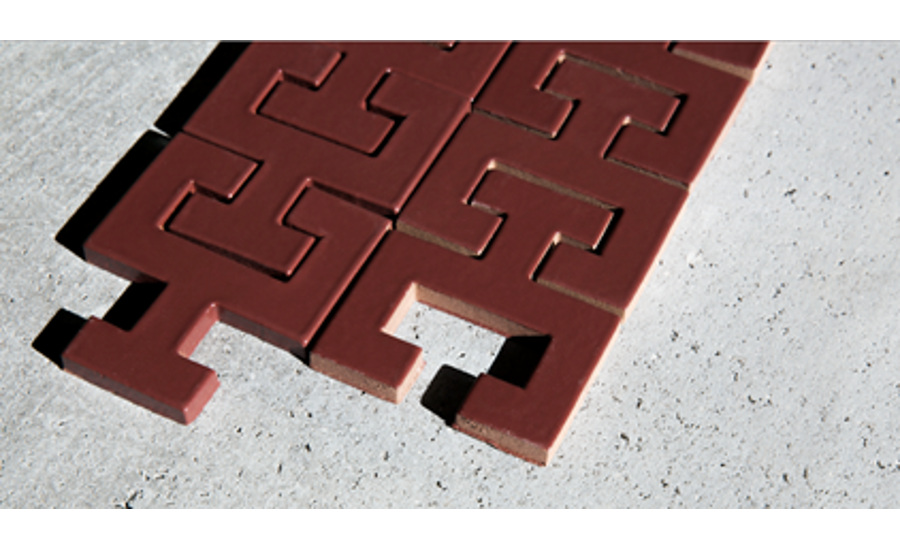

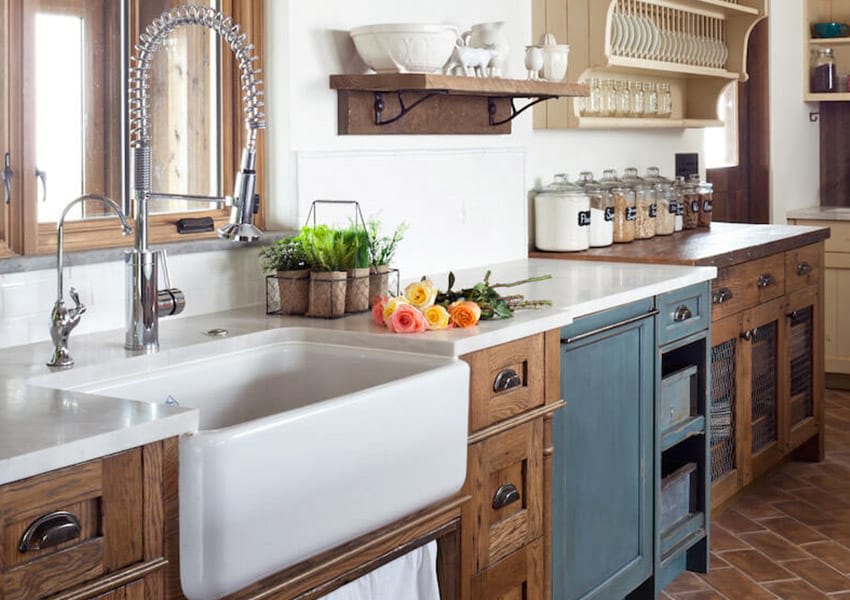

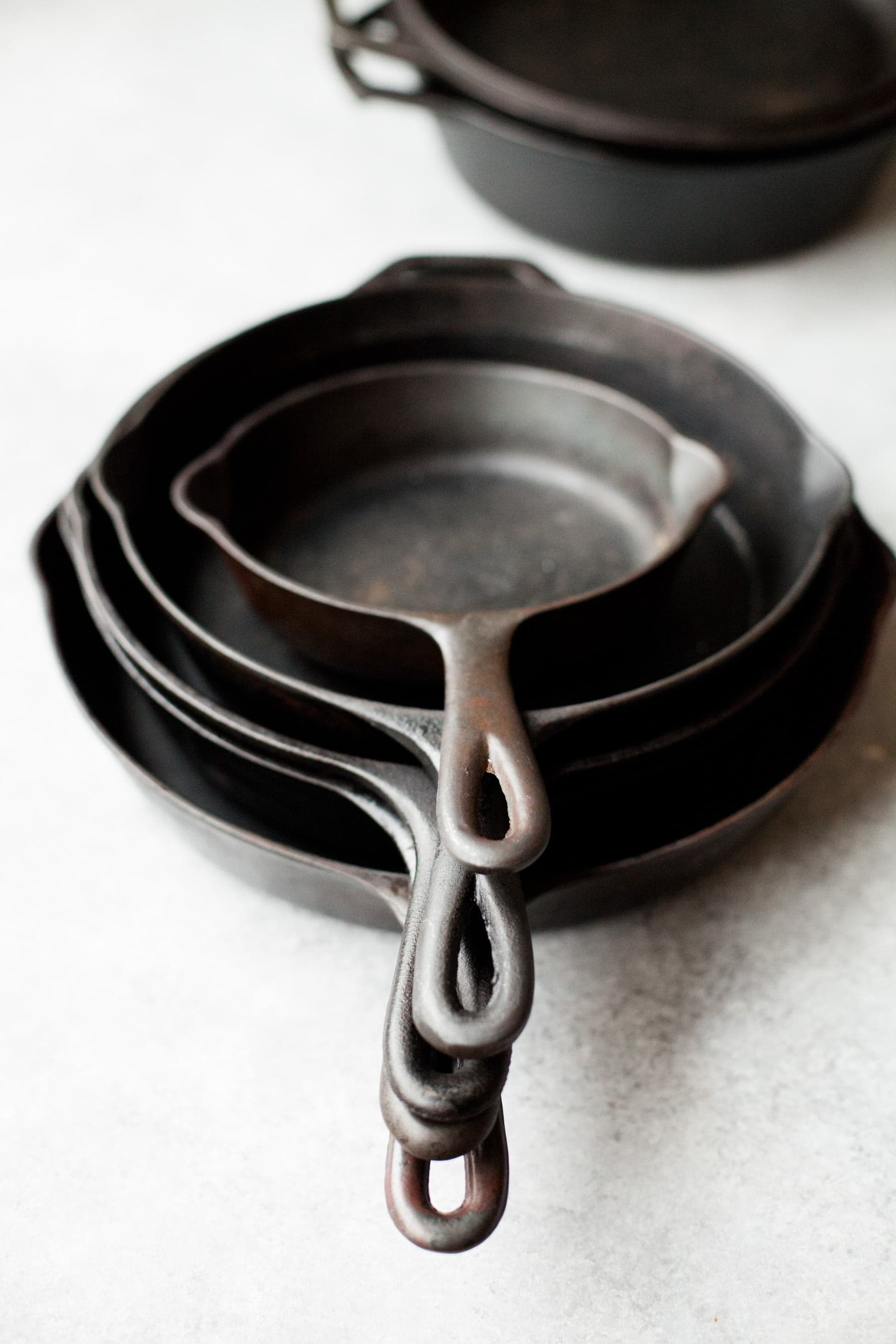
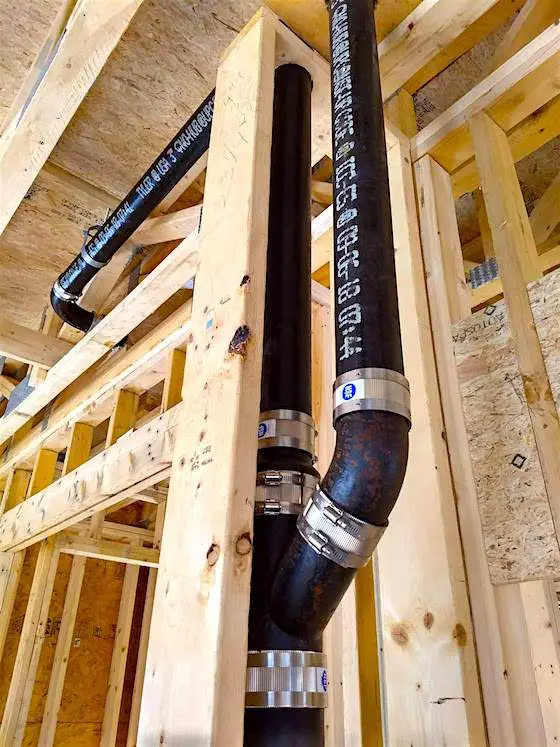
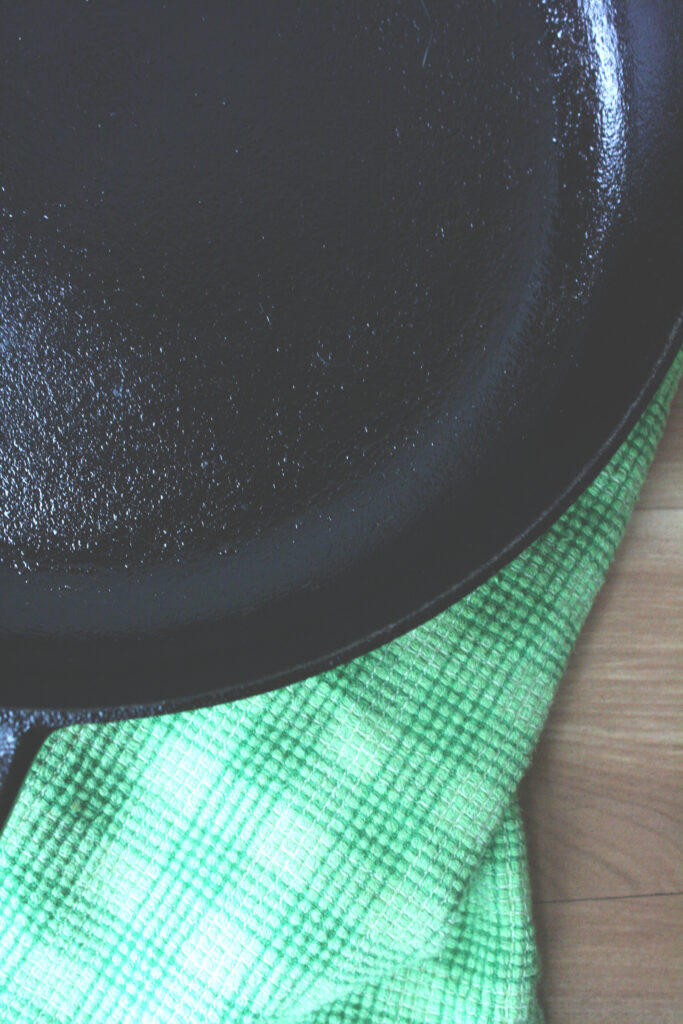




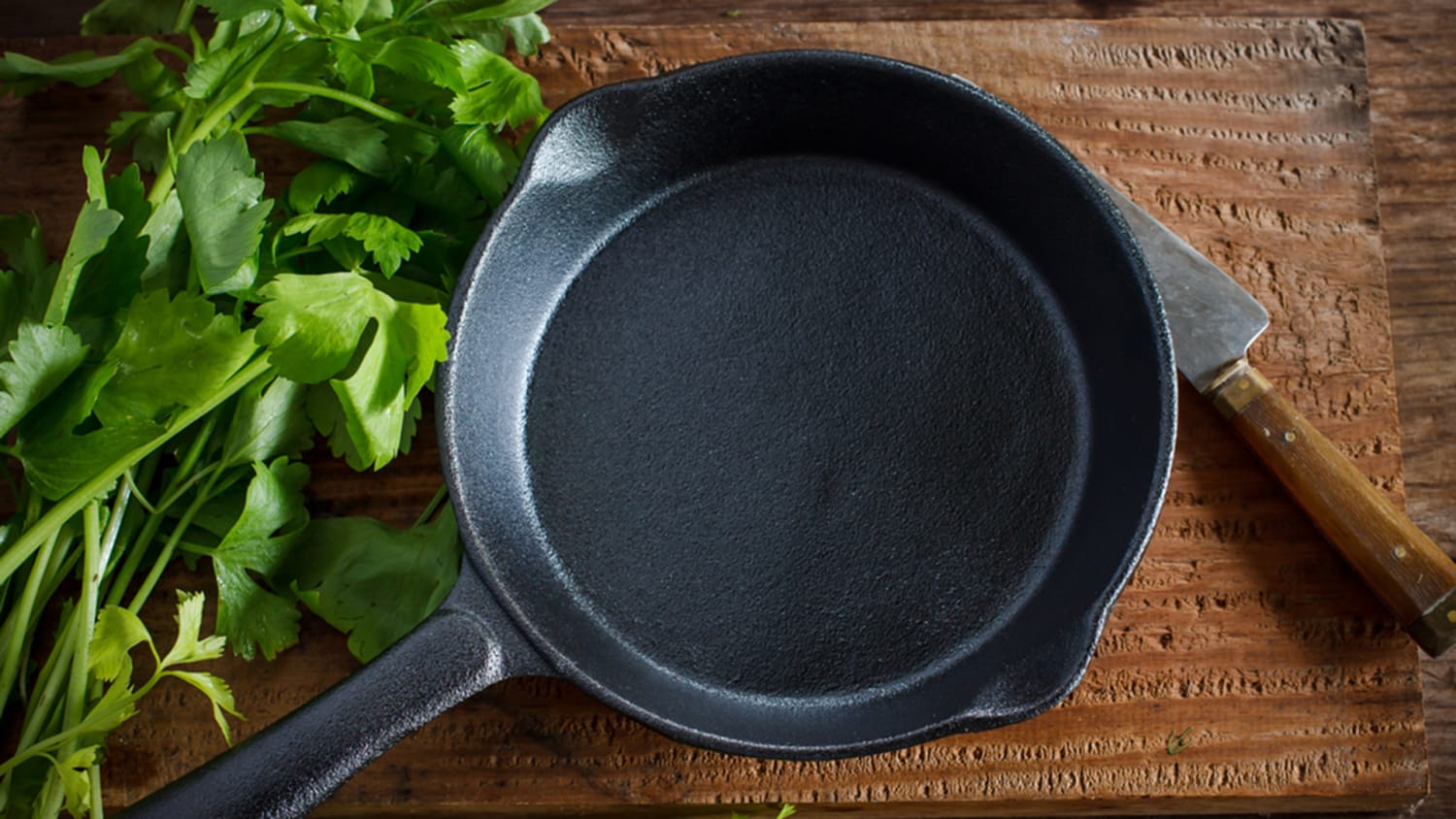

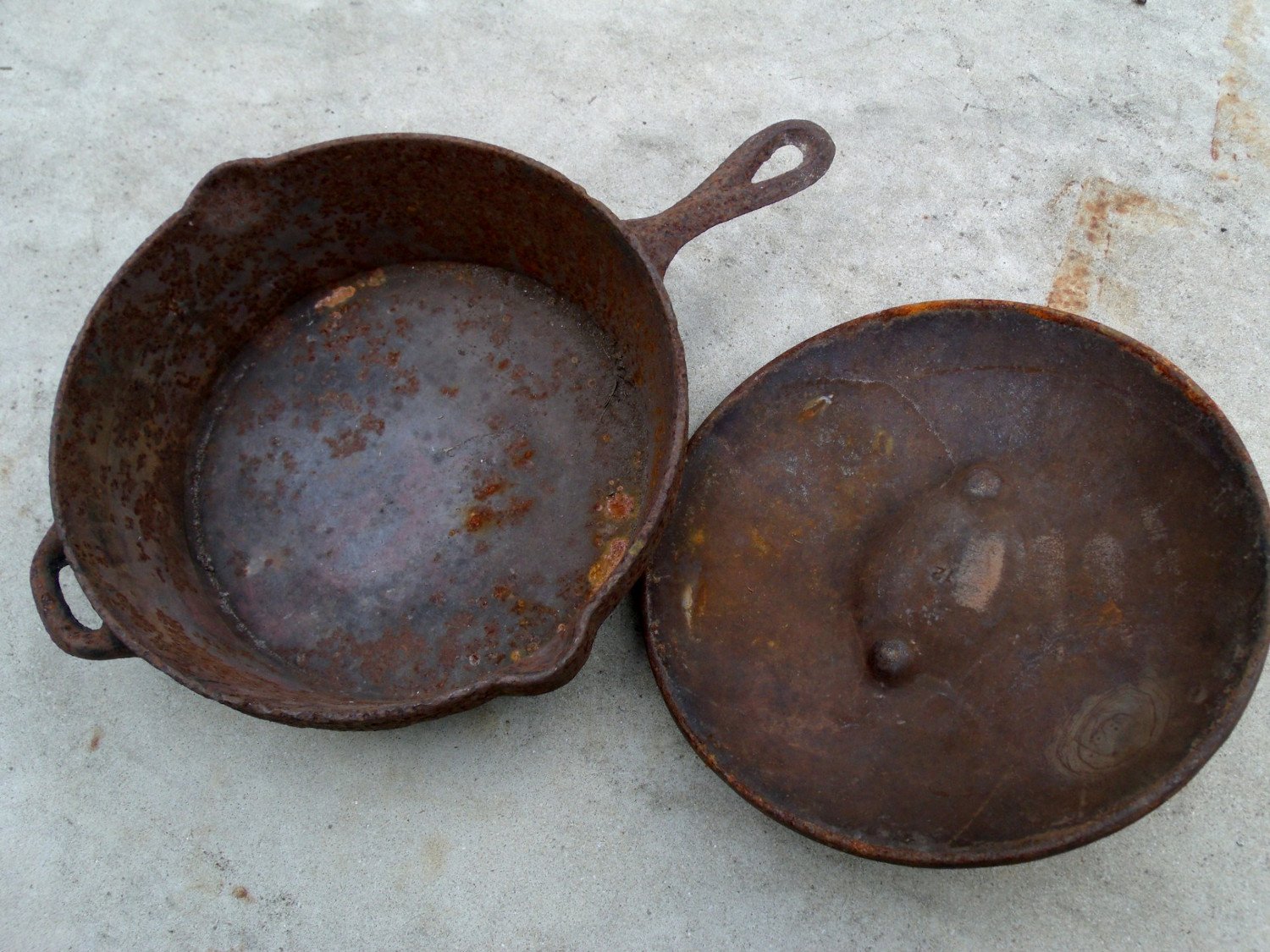
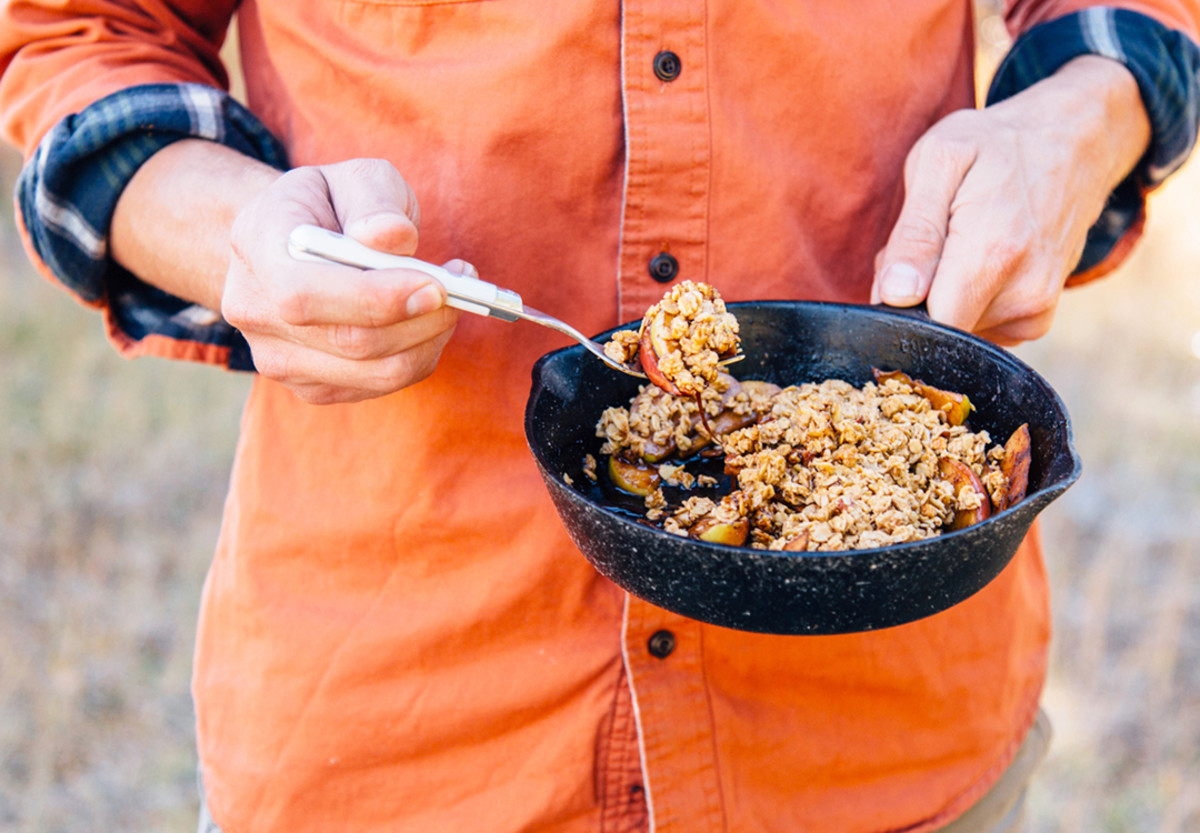
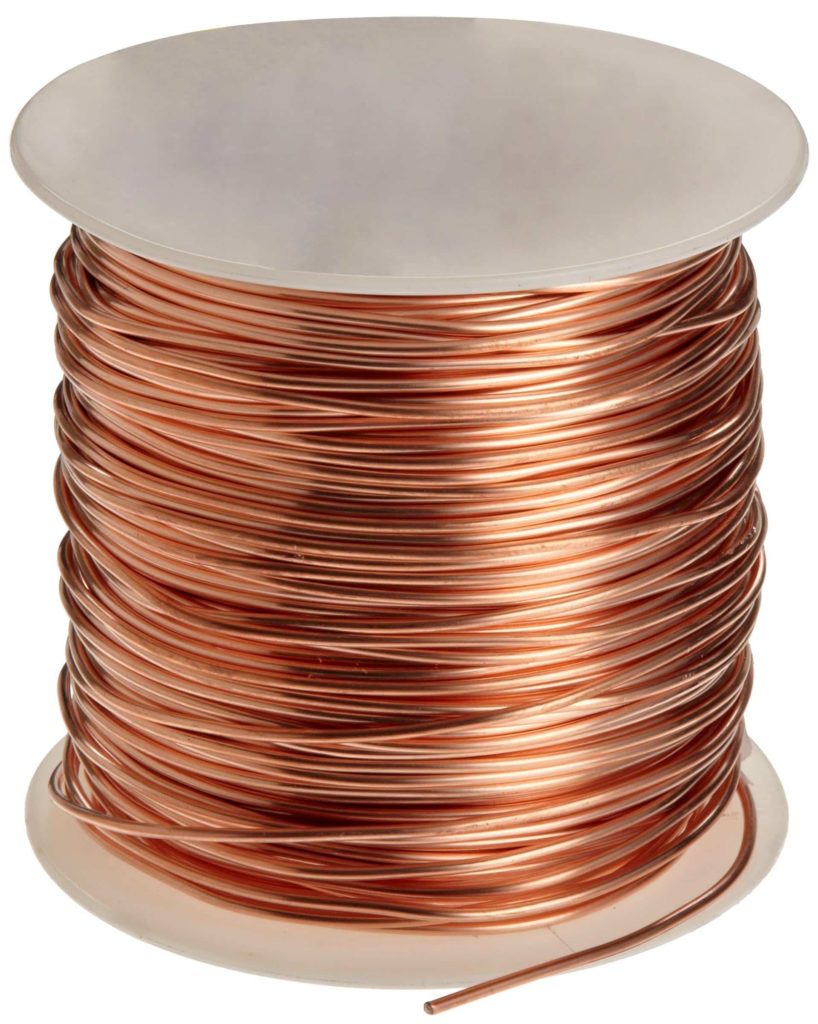

/105781528-56a613de5f9b58b7d0dfcc50.jpg)


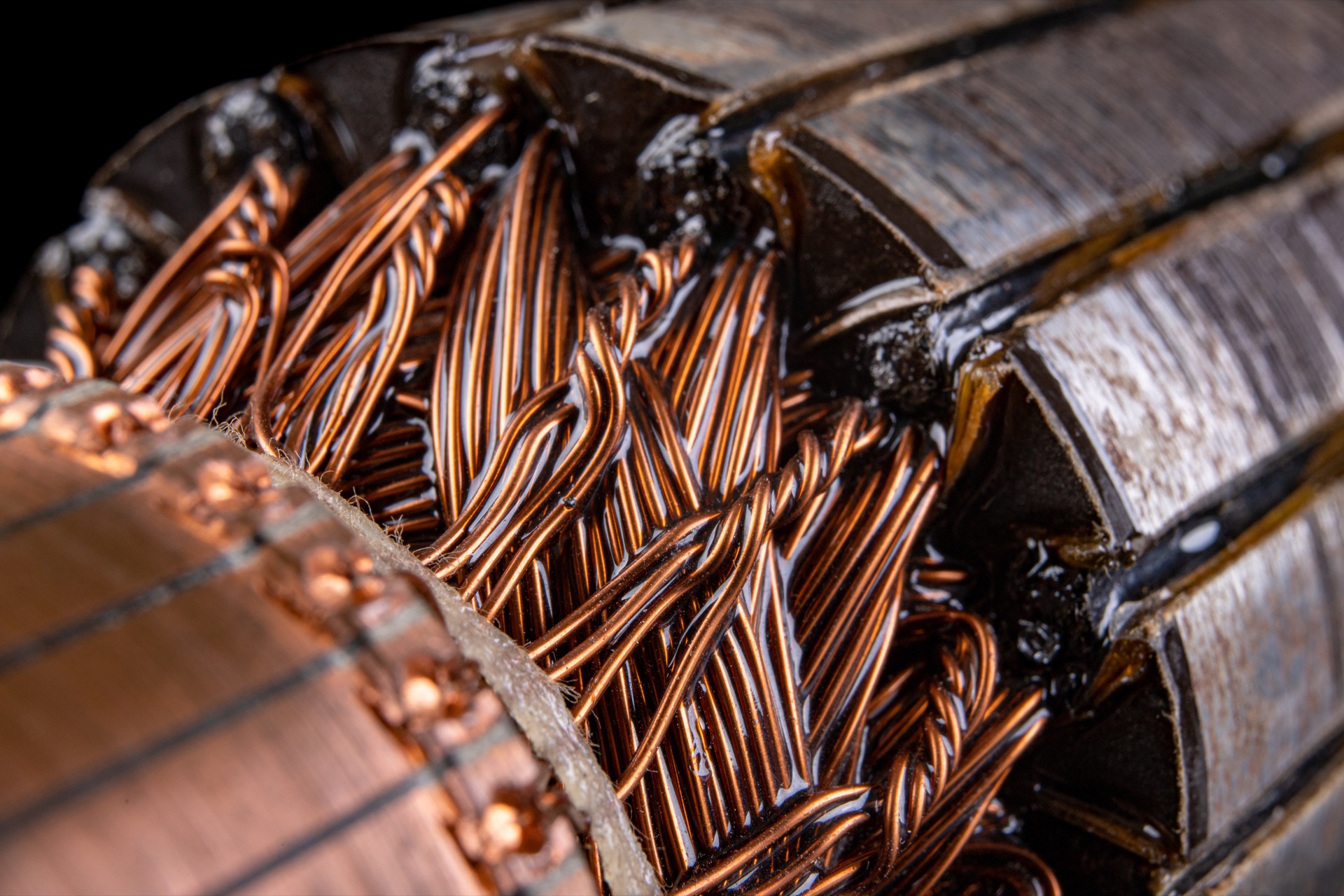
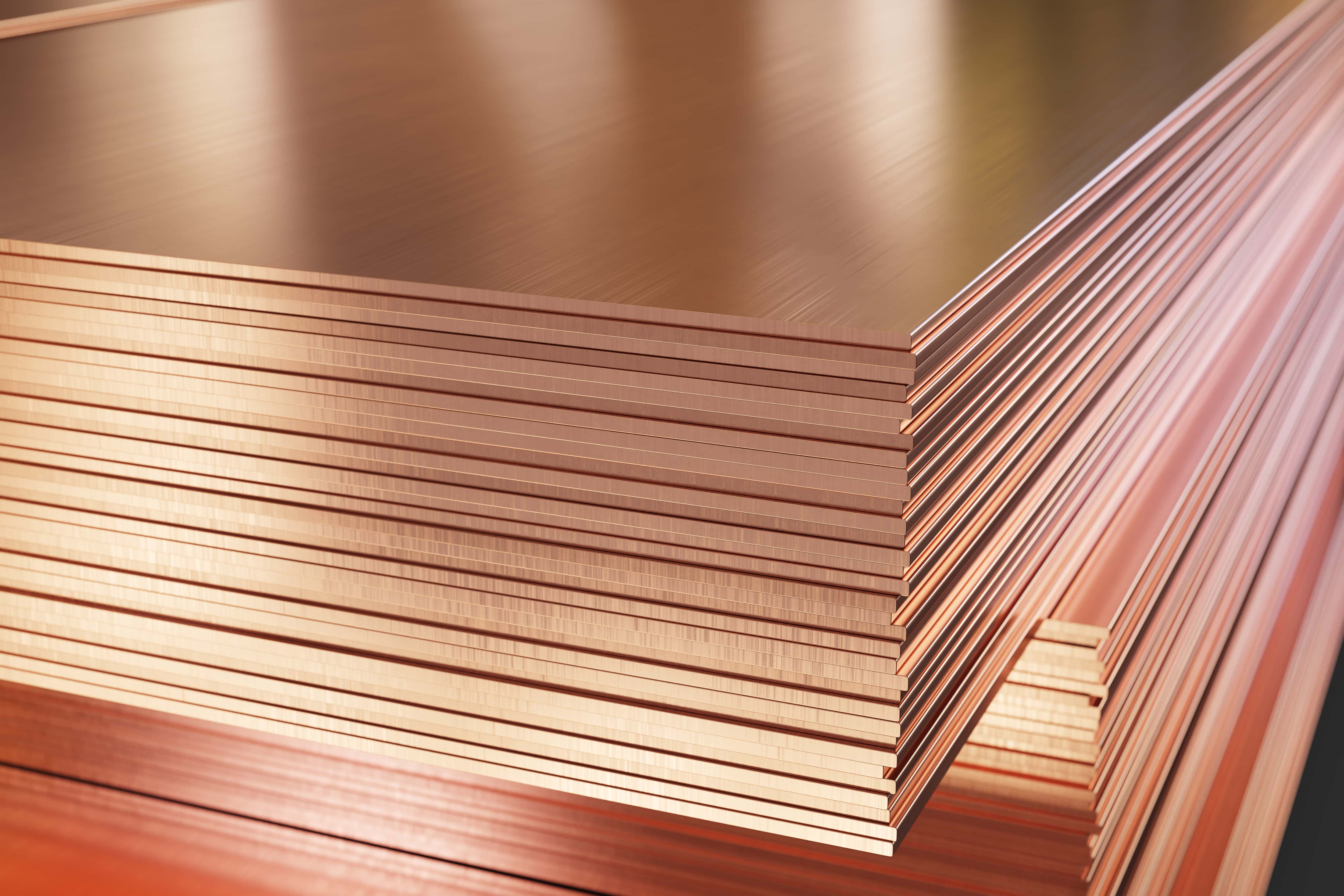


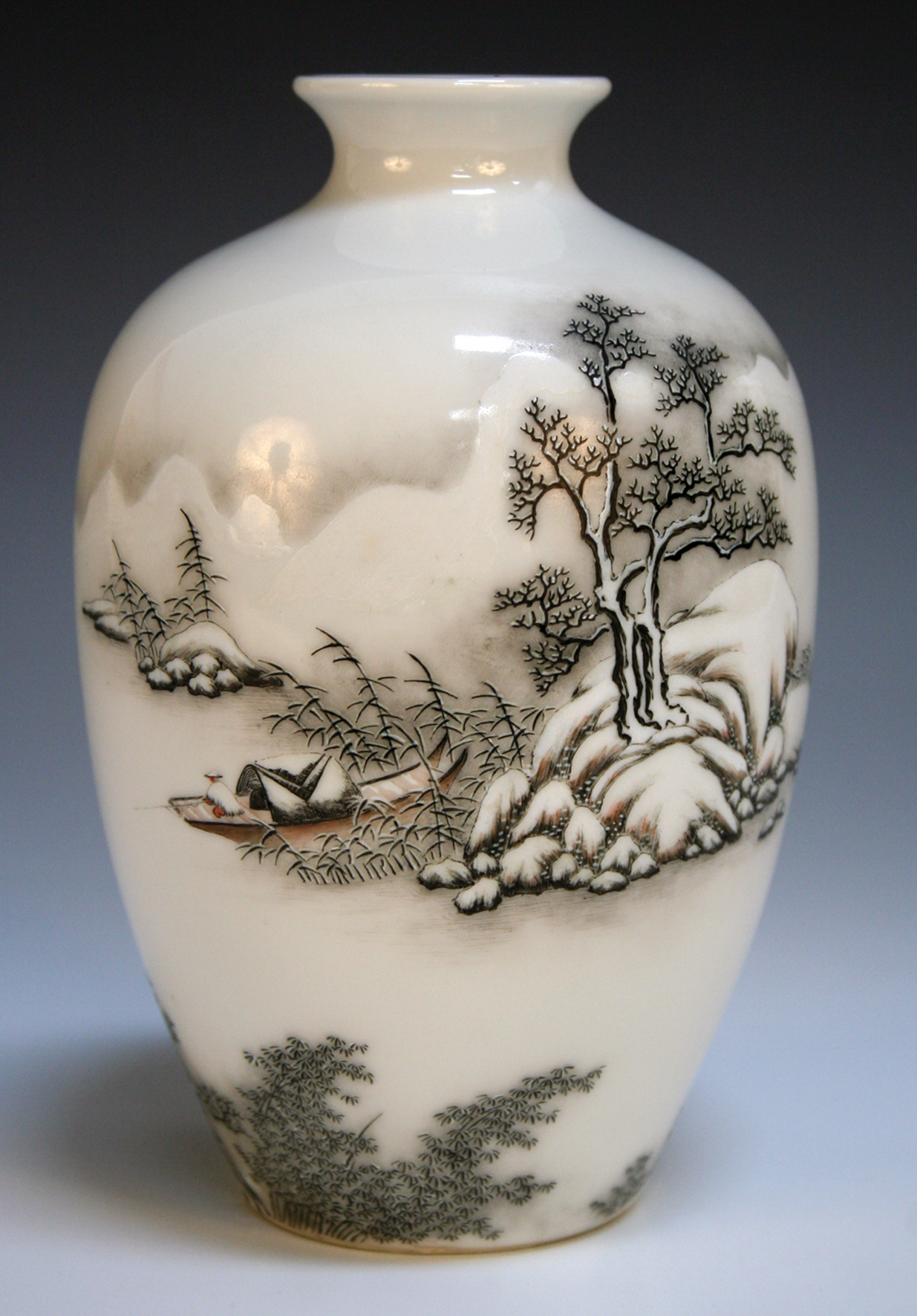



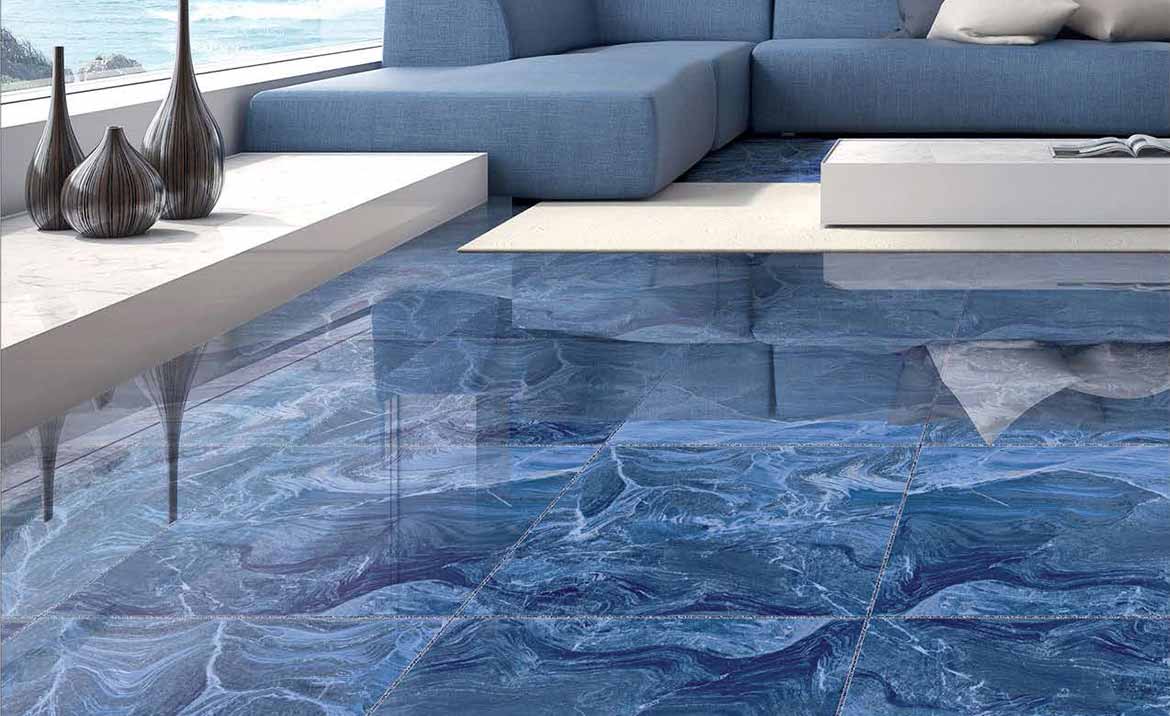





/WetPorcelainTile-5acfa0213037130037cecba0.jpg)




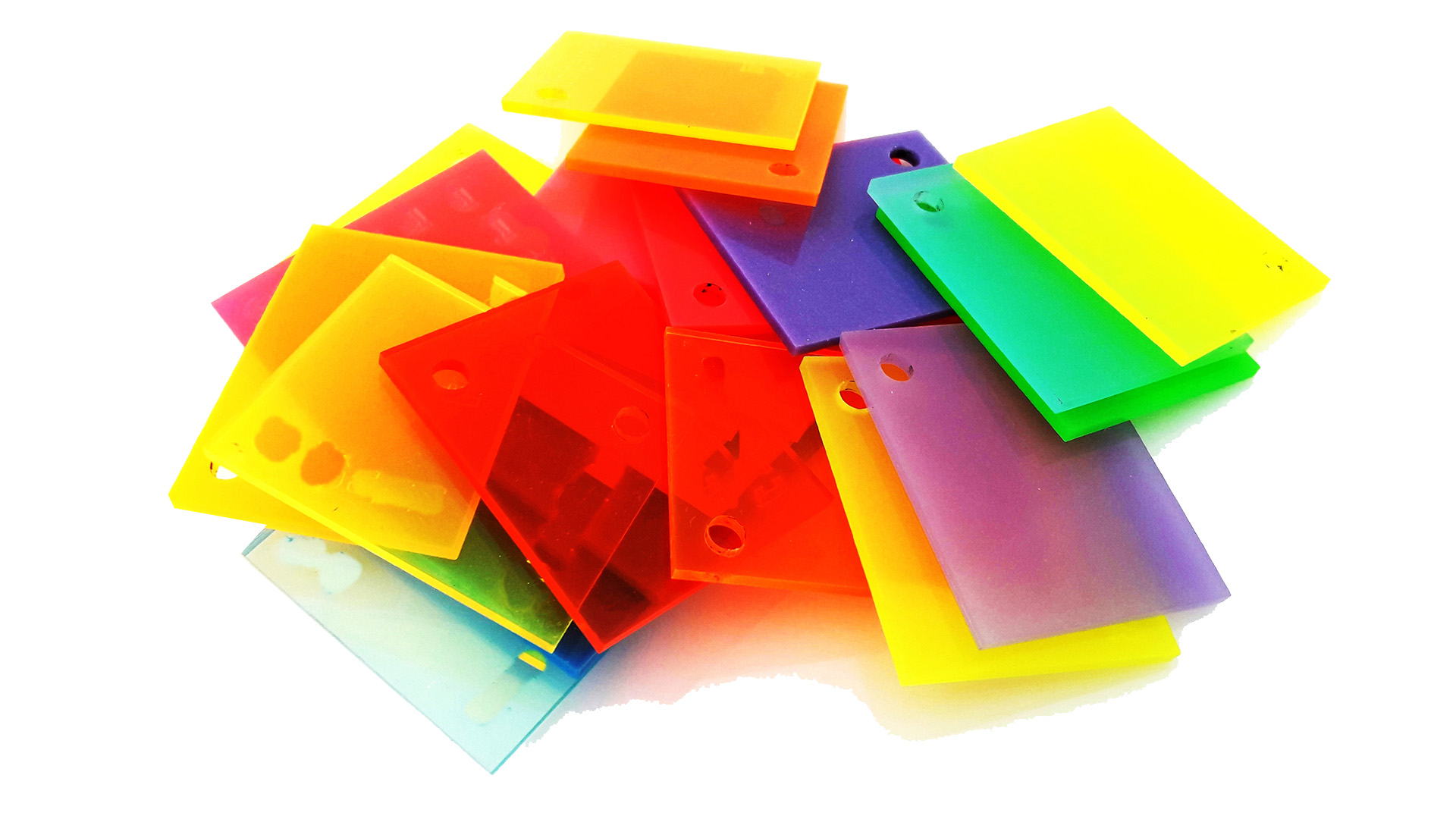
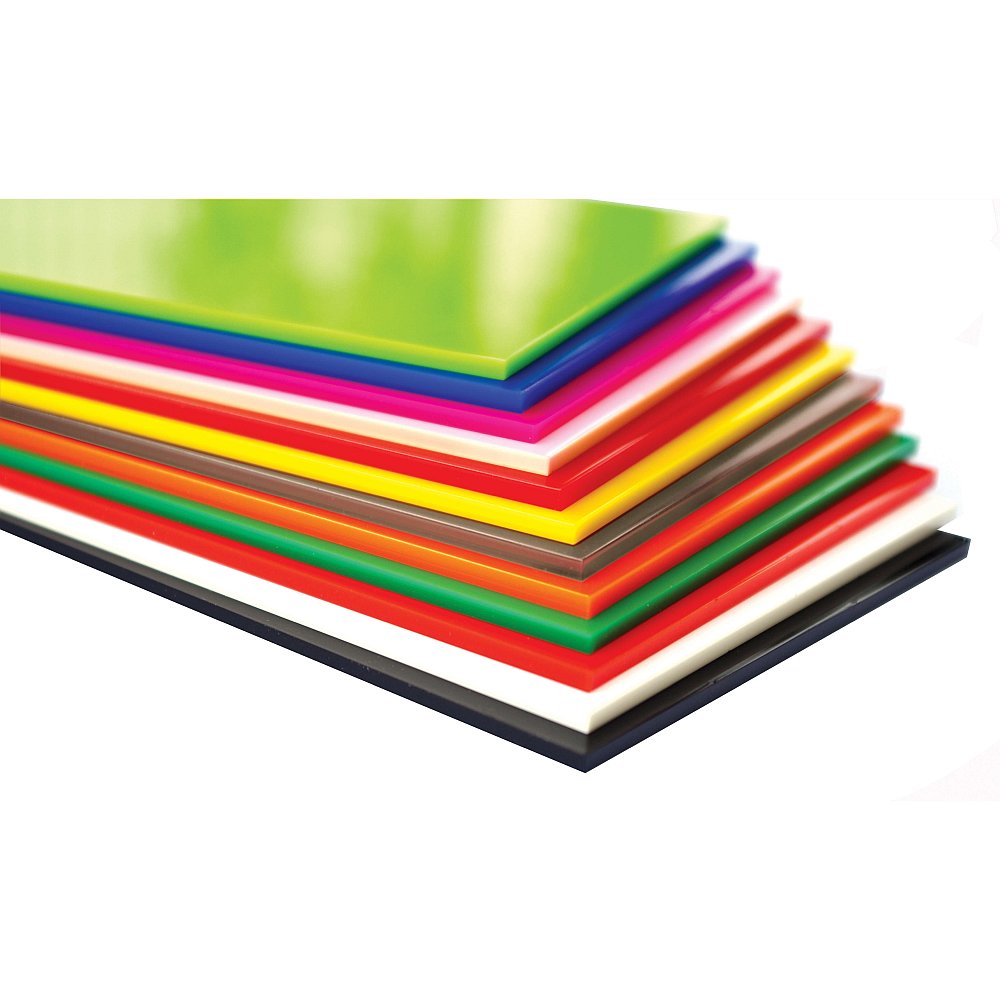
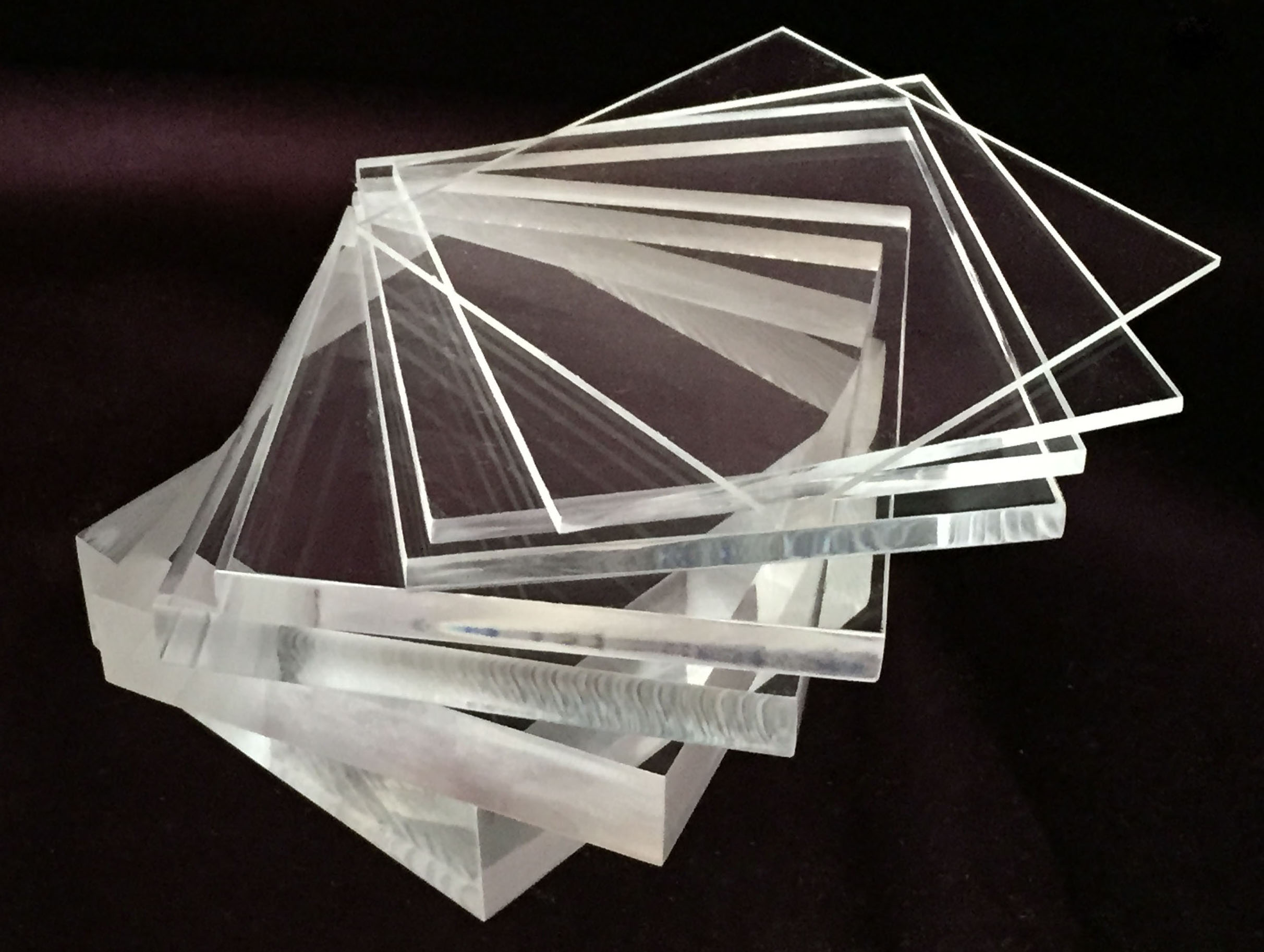
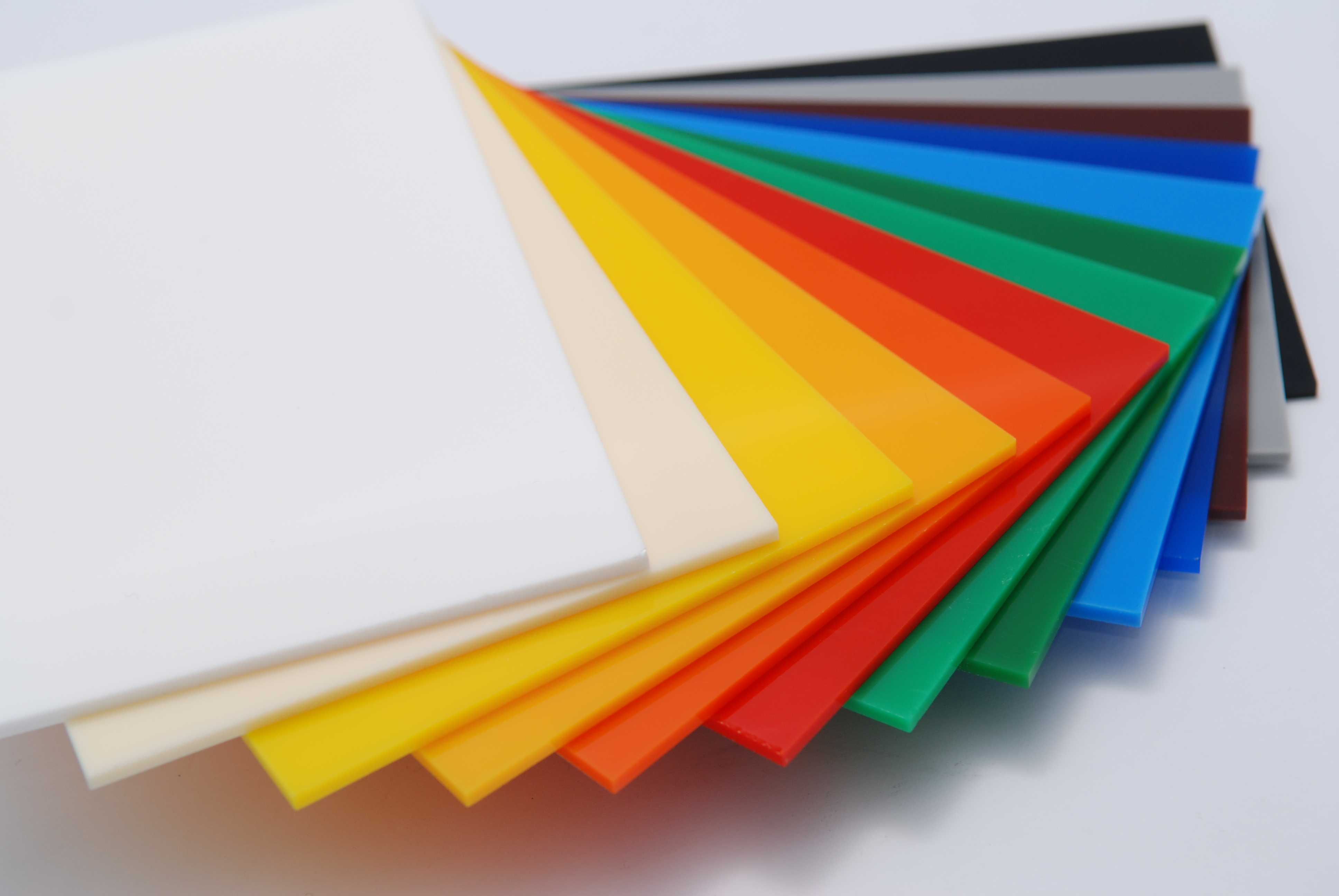
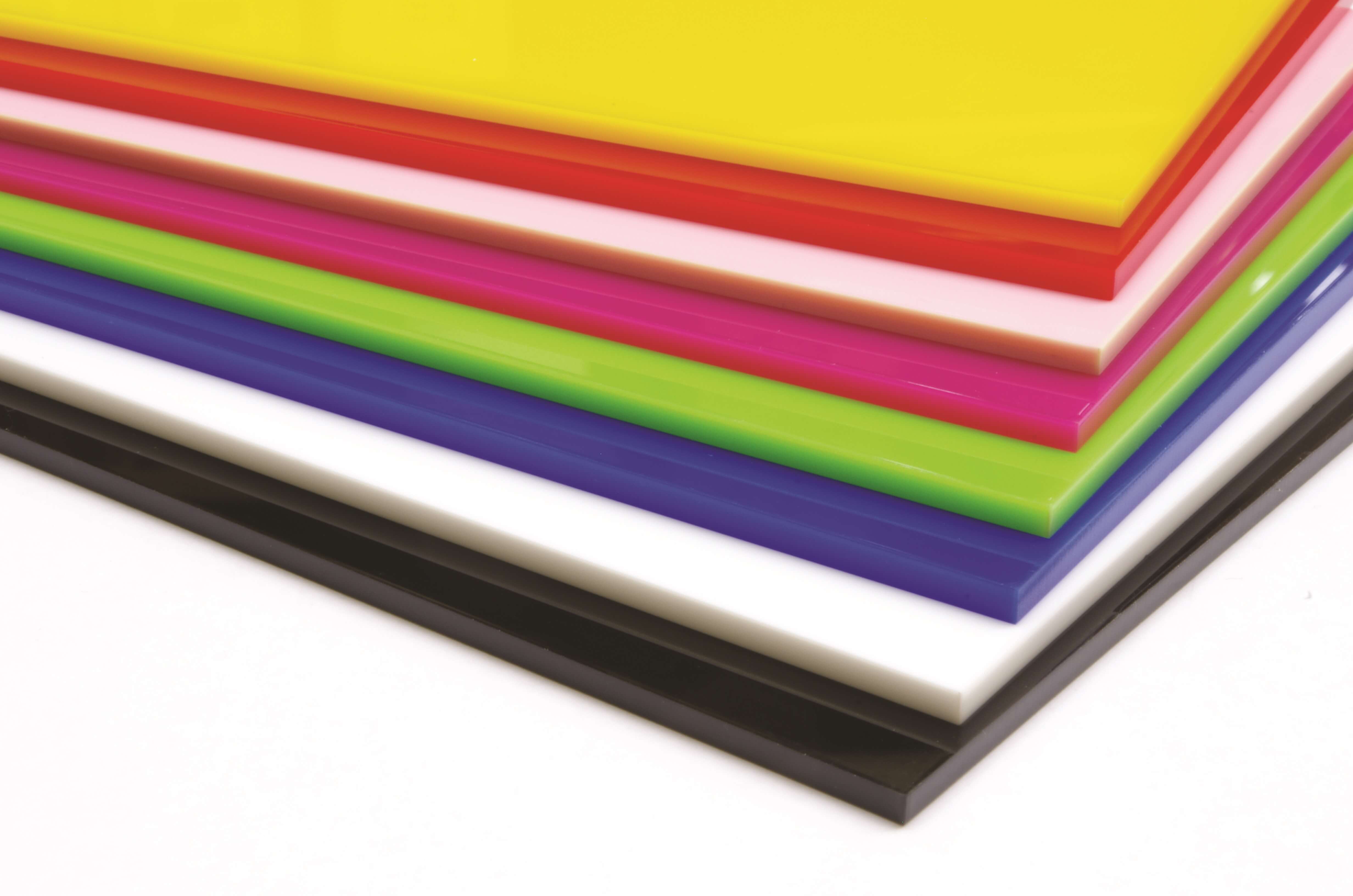
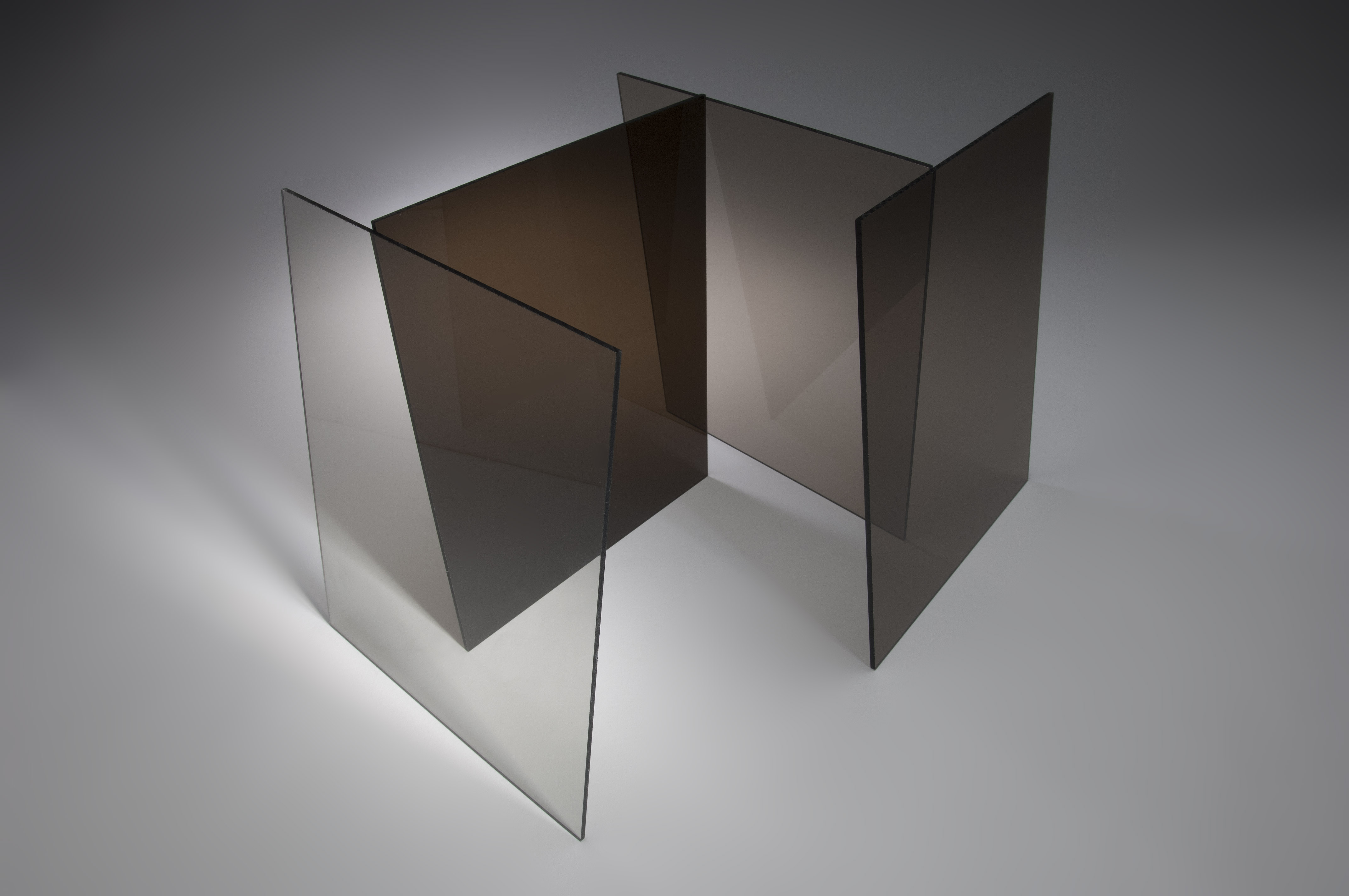
/acrylicpainttips_Beginners-56a6e7a65f9b58b7d0e56af3.jpg)
